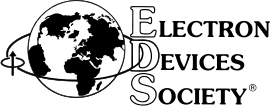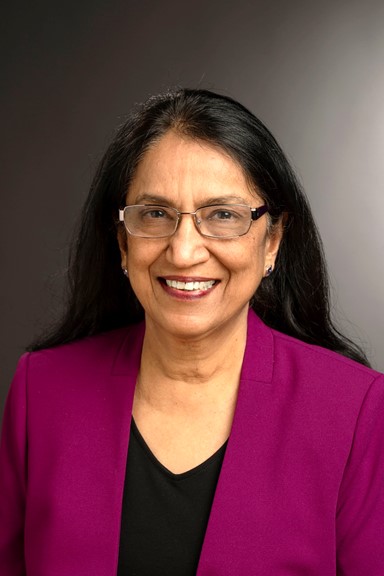- Home
- Education
- Distinguished Lecturer/Mini-Colloquia Program
- Distinguished Lecturer Listing
Distinguished Lecturer Listing
The EDS Distinguished Lecturer Program exists for the purpose of providing EDS Chapters with a list of quality lecturers who can potentially give talks at local EDS chapter meetings.
To arrange for a lecture, the EDS chapters should contact the individual directly.
For more information on the Program, please contact the EDS Executive Office (l.riello@ieee.org).
If you are an EDS DL and need to update your contact information, please click on the DL Contact Information Form.
All EDS DLs must perform 3 lectures for IEEE/EDS Chapters in a 2 year period in order to remain an active EDS DL.
EDS EMINENT LECTURER
This is the highest honor that is bestowed upon an EDS Distinguished Lecturer in direct recognition of excellence and superior contributions to the field of Electron Devices
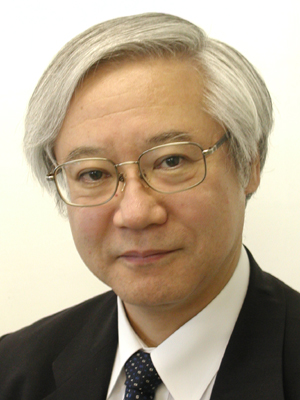
HIROSHI IWAI
Mukta Farooq - Fellow Lecture Topics: 3D Technology Overview, 3D Integration and Die Stacking Bio Dr. Mukta Farooq is a metallurgist and materials scientist, with expertise in 3-Dimensional and Heterogeneous Integration and Packaging, die and wafer level stacking, CMOS FET back end of line structures, flip-chip/C4/Cu pillar technology, lead-free alloys, chip package interaction, and intellectual property development. Mukta is currently the Heterogeneous Integration Leader for the AI Hardware Center at IBM Research. She has over 208 issued patents, and was named an IBM Lifetime Master Inventor and a member of the IBM Academy of Technology. She has received an outstanding technical achievement award for leadership in 3D Integration, and multiple high value patent awards. She has authored several external publications, given invited talks, and taught short courses. Mukta is an IEEE Fellow, a Distinguished Alumna of IIT Bombay, an EDS Distinguished Lecturer, Chair of the IEEE EDS Mid-Hudson Valley Chapter, and an active contributor to Women in Engineering. Mukta received her BS from IIT Bombay, MS from Northwestern University, and PhD from Rensselaer Polytechnic Institute. Fernando Guarin - Fellow Lecture Topics: Reliability and scaling of CMOS, SiGe Reliability Rajiv Joshi - Fellow Biography Dr. Rajiv V. Joshi is a research staff member and key technical lead at T. J. Watson research center, IBM. He received his B.Tech I.I.T (Bombay, India), M.S (M.I.T) and Dr. Eng. Sc. (Columbia University). His novel interconnects processes and structures for aluminum, tungsten and copper technologies which are widely used in IBM for various technologies from sub-0.5µm to 14nm. He has led successfully predictive failure analytic techniques for yield prediction and also the technology-driven SRAM at IBM Server Group. He commercialized these techniques. He received 3 Outstanding Technical Achievement (OTAs), 3 highest Corporate Patent Portfolio awards for licensing contributions, holds 58 invention plateaus and has over 225 US patents and over 350 including international patents. He has authored and co-authored over 185 papers. He received the Best Editor Award from IEEE TVLSI journal. He is a recipient of 2015 BMM award. He is inducted into New Jersey Inventor Hall of Fame in Aug 2014 along with pioneer Nikola Tesla. He is a recipient of 2013 IEEE CAS Industrial Pioneer award and 2013 Mehboob Khan Award from Semiconductor Research Corporation. He is a member of IBM Academy of technology. He served as a Distinguished Lecturer for IEEE CAS and EDS society. He is IEEE, ISQED and World Technology Network fellow and distinguished alumnus of IIT Bombay. He is in the Board of Governors for IEEE CAS. He serves as an Associate Editor of TVLSI. He served on committees of ISLPED (Int. Symposium Low Power Electronic Design), IEEE VLSI design, IEEE CICC, IEEE Int. SOI conference, ISQED and Advanced Metallization Program committees. He served as a general chair for IEEE ISLPED. He is an industry liaison for universities as a part of the Semiconductor Research Corporation. Also he is in the industry liaison committee for IEEE CAS society. Lecture Topics: - Variability-aware Design - Low Power Circuits, Technology circuit co-design - High performance and low power memories - Machine Learning Techniques for predictive failure analytics - In-Memory Computation for Neural networks Andreas Kerber Andreas Kerber was born in Schnann, Austria. He received his Diploma in physics from the University of Innsbruck, Austria, in 2001 and a PhD in electrical engineering from the TU-Darmstadt, Germany in 2004 (granted with honors). He worked as an intern at Bell Laboratories, Lucent Technologies, Murray Hill, NJ, USA (1999-2000), at IMEC in Leuven, Belgium (2001-03) as Infineon Technologies assignee to International SEMATECH, for the Reliability Methodology Department at Infineon Technologies in Munich, Germany (2004-06), for AMD in Yorktown Heights, NY (2006-09), and as a Prinicpal Member of Technical Staff for GLOBALFOUNDRIES in Malta, NY (since 2009). Much of his work centered around Front-End-Of-Line (FEOL) reliability research with focus on metal gate / high-k CMOS technologies. He has co-authored over 100 papers in Journals and Conferences, is an IEEE senior member (since 2011) and an IEEE Distinguished Lecturer for the Electron Device Society (since 2016). Lecture Topics Reliability of scaled Metal Gate / High-K CMOS devices Santosh Kurinec Lecturer Titles -Ferroelectric Microelectronics -Emerging Memory Devices -Novel Materials Integration -Photovoltaics - from cells to systems -CMOS Beyond 2nm -Energy Effi ciency in Computing Ioannis (John) Kymissis - Liquid crystal displays, OLEDs and LEDs, driving shemes and matrix addressing, characterization Ioannis (John) Kymissis is an electrical engineer teaching at Columbia University. His area of specialization is solid state electronics and device fabrication, with an emphasis on thin film devices and the use of organic semiconductors in his work. He graduated with his SB, M.Eng., and Ph.D. degrees from MIT, and after working as a post-doc and at QDVison, joined the faculty at Columbia University in 2006. John has won a number of awards for his work, including the NSF CAREER award, the IEEE EDS Paul Rappaport award, the Vodaphone Americas Foundation Wireless Innovation Award, and the MIT Clean Energy Prize. He is currently serving as the editor-in-chief of the Journal of the Society for Information Display and is the general chair for the 2013 Device Research Conference. Lecture Topics - Organic semiconductors, single chip sensors, flexible electronics, micro-LEDs Durga Misra - Senior Member Bin Yu - Fellow Lecture Topics: - Role of Nanotechnology in Future ICs - 2D Carbon/Semiconductor: Materials, Devices, and Interconnects - Nanoelectronics: Scaling towards Limit and Beyond Jesus del Alamo - Editor-in-Chief Jesus A. del Alamo is the Director of the Microsystems Technology Laboratories at Massachusetts Institute of Technology. He obtained a Telecommunications Engineer degree from the Polytechnic University of Madrid and MS and PhD degrees in Electrical Engineering from Stanford University. From 1985 to 1988 he was with Nippon Telegraph and Telephone LSI Laboratories in Japan and since 1988 he has been with the Department of Electrical Engineering and Computer Science of Massachusetts Institute of Technology where he is the Donner Professor. His current research interests are centered on nanoelectronics based on compound semiconductors. Prof. del Alamo was an NSF Presidential Young Investigator. He is a member of the Royal Spanish Academy of Engineering and Fellow of the Institute of Electrical and Electronics Engineers and the American Physical Society. He is the recipient of the Intel Outstanding Researcher Award in Emerging Research Devices, the SRC Technical Excellence Award, and the IEEE Electron Devices Society Education Award. He served as editor of IEEE Electron Device Letters for 9 years. Vijay Arora - Senior Member Lecture Topics: Quantum Engineering of Nanoelectronic Devices Paul Berger - Fellow Paul R. Berger Ohio State University, Department of Electrical and Computer Engineering, Columbus, Ohio, USA Tampere University, Department of Electronics and Communications Engineering, Printed and Organic Electronics Group, Tampere, Finland Lecture Topics: Paul R. Berger (S’84 M’91 SM’97 F’11) is a Professor in Electrical & Computer Engineering at Ohio State University and Physics (by Courtesy). He is also a Distinguished Visiting Professor at Tampere University in Finland. He received the B.S.E. in engineering physics, and the M.S.E. and Ph.D. (1990) in electrical engineering, respectively, all from the University of Michigan, Ann Arbor. Currently, Dr. Berger is actively working on quantum tunneling devices, printable semiconductor devices & circuits for IoT, bioelectronics, novel devices, novel semiconductors and applied physics. Formerly, he worked at Bell Laboratories, Murray Hill, NJ (1990-’92) and taught at the University of Delaware in Electrical and Computer Engineering (1992-2000). In 1999, Prof. Berger took a sabbatical leave while working first at the Max-Planck Institute for Polymer Research, Mainz, Germany and then moved on to Cambridge Display Technology, Ltd., Cambridge, United Kingdom. In 2008, Prof. Berger spent an extended sabbatical leave at IMEC (Interuniversity Microelectronics Center) in Leuven, Belgium while appointed as a Visiting Professor in the Department of Metallurgy and Materials Engineering, Katholieke Universiteit Leuven, Belgium. Prof. Berger was also a Finnish Distinguished Professor (FiDiPro) at Tampere University of Technology (2014-2019), and he continues as a Fulbright-Nokia Distinguished Chair in Information and Communications Technologies (2020-2022) with the newly merged Tampere University. He has authored over 240 referred publications and presentations with another ~100 plenary, keynote, invited talks, 5 book sections and been issued 25 patents with 3 more pending from 60+ disclosures with a Google Scholar H-index of 35. Some notable recognitions for Dr. Berger were an NSF CAREER Award (1996), a DARPA ULTRA Sustained Excellence Award (1998), Lumley Research Awards (2006, 2011), a Faculty Diversity Excellence Award (2009) and Outstanding Engineering Educator for State of Ohio (2014). He has been on the Program and Advisory Committees of numerous conferences, including the IEDM, DRC, ISDRS, EDTM and IFETC meetings. He will be hosting the IFETC in ’21 as General Chair. He currently is the Chair of the Columbus IEEE EDS/Photonics Chapter and Faculty Advisor to Ohio State’s IEEE Student Chapter. In addition, he is an elected member-at-large to the IEEE EDS Board of Governors (19’-21’), where he is also Vice Present of Strategic Directions (20’-21’) and a member of the EDS Finance Committee. He is an IEEE EDS Fellow (2011) and Distinguished Lecturer (since 2011), as well as a Senior member of the Optical Society of America. He has received $9.9M in USA funding as lead PI, with an additional $26M as Co-PI in USA and €8.8M in funding through his Finnish partnerships. Altogether, he has received ~$47.5M in research funding. Prof. Berger has established significant humanitarian engineering projects across the world with an emphasis on solar-power and sustainability. After completing a 6 year presence in Haiti to electrify remote schools with solar powered LED lighting as an Alternative Spring Break, Berger re-established two new international programs. (1) One through OSU’s Office of International Affairs, has traveled to Arusha, Tanzania with a group of engineering students from different majors to design, build and install a solar powered LED lighting system for an orphanage. (2) Additionally, through IEEE’s Humanitarian Activities Committee, Berger also proposed, and was funded, to provide solar-powered desalinization for the indigenous Wayúu peoples living in the Guajira peninsula desert. Also, the IEEE Electron Device Society has provided Berger additional funds to extend the Colombia project into 2020.
Nadim Haddad - Fellow Nadim F. Haddad received his B.A. in Physics and Mathematics in 1965 from Kansas Wesleyan University and his M.S. in Electrical Engineering in 1966 from Michigan State University. He joined IBM Components Division in East Fishkill, NY and became a manager of Yield Diagnostics, then transferred to the Federal Systems Division in Manassas, VA as a manager of Semiconductor Technology Development. He then rejoined the technical team as a Senior Technical Staff Member, and served as a principal investigator for the VLSI Independent Research and Development. Nadim was the lead engineer for the development of radiation hardened technology for the Very High Speed Integrated Circuit (VHSIC) Program, Radiation Hardened Microelectronics Program, among others; and was instrumental to the development of nine generations of radiation hardened technology and products at IBM, Loral, Lockheed Martin and BAE Systems. His approach capitalized on significant commercial investment in driving forward the development of radiation hardened technologies and products for space in support of military, civil and commercial applications. He retired in in 1997 from IBM and in 2012 from BAE Systems as a Technical Director and Engineering Fellow. He then served as a Term Professional Engineer with the Institute for Space and Defense Electronics (ISDE) at Vanderbilt University. Nadim was an active participants in several technology forums including the IEEE Nuclear and Space Radiation Effects Conference (NSREC), Hardened Electronics and Radiation Technology (HEART), Government Microcircuit Applications and Critical Technology Conference (GOMACTech), IEEE International SOI Conference, Radiation and its Effects on Components and Systems (RADECS), and Single Event Effects Symposium (SEE) as an author/presenter, paper reviewer, short course instructor, session chair and technical program chair. He authored or co-authored over 100 publications and is credited with 26 inventions. Nadim was recognized in 2012 as a Fellow/IEEE “for development of radiation hardened semiconductor device technology and products for space applications”. He is a member of NPSS and EDS, and is an EDS Distinguished Lecturer. Currently, he is serving as Chair, Nanotechnology Council of Northern Virginia and Washington, DC, and served as a Past Director in the Northern Virginia Section of IEEE. He was recognized in Marquis Who’s Who in America, Who’s Who in Science and Engineering and Who’s Who in the World. Lecture Titles: - Space and Nuclear Radiation Effects on Semiconductor Devices Michael Shur - Fellow Lecture Topics: - Terahertz Plasmonic devices - Silicon THz and sub-THz Electronics for imaging, sensing, testing, and communication - Wide Band Gap Technology: State-of-the-Art and Problems to Solve - Physics of III-N-based Field Effect Transistors - Beyond Sunlight: Smart LED Lighting - Physics of III-N Electronic and Optoelectronic Devices - Counter Intuitive Physics of Ballistic Transport in the State-of-the-Art Electronic Devices - State-of-the-Art Silicon VLSI: Industrial Face of Nanotechnology Victor Veliadis - Fellow Dr. Victor Veliadis is Executive Director and CTO of PowerAmerica, which is a U.S. Department of Energy wide bandgap power electronics Manufacturing Innovation Institute. Dr. Veliadis manages a budget in excess of $30 million per year that he strategically allocates to over 35 industrial, University, and National-Laboratory projects, to enable U.S. leadership in WBG power electronics manufacturing, workforce development, job creation, and energy savings. Dr. Veliadis received the Ph.D. degree in Electrical and Computer Engineering (ECE) from Johns Hopkins University in 1995, and is Professor in ECE at North Carolina State University. He has given over 60 invited presentations/tutorials, and keynotes at major conferences in India, Korea, China, Europe and the U.S. He is an IEEE Fellow and an IEEE EDS Distinguished Lecturer. Dr. Veliadis has 25 issued U.S. patents, 6 book chapters, and 115 peer-reviewed technical publications to his credit. Prior to becoming an Executive at Power America in 2016, Dr. Veliadis spent 21 years in the semiconductor industry where his work included design, fabrication, and testing of 1-12 kV SiC SITs, JFETs, MOSFETs, Thyristors, and JBS and PiN diodes, as well as operations and financial planning in a commercial foundry. Lecture Topics: Bidirectional SiC and GaN Power Switch Technology Design, Fabrication, and Testing of SiC power devices and insertion in power electronics circuits High-impact application opportunities where SiC devices are displacing their incumbent Si counterparts, SiC-specific foundry considerations, cost reductions strategies, and future outlook Shimeng Yu - Memory Devices and Technologies, Emerging Technologies and Devices Shimeng Yu is an associate professor of electrical and computer engineering at the Georgia Institute of Technology. He received the B.S. degree in microelectronics from Peking University in 2009, and the M.S. degree and Ph.D. degree in electrical engineering from Stanford University in 2011 and 2013, respectively. From 2013 to 2018, he was an assistant professor at Arizona State University. Prof. Yu’s research interests are nanoelectronic devices and circuits for energy-efficient computing systems. His expertise is on the emerging non-volatile memories (e.g., RRAM, ferroelectrics) for different applications such as deep learning accelerator, neuromorphic computing, monolithic 3D integration, and hardware security. Among Prof. Yu’s honors, he was a recipient of the NSF Faculty Early CAREER Award in 2016, the IEEE Electron Devices Society (EDS) Early Career Award in 2017, the ACM Special Interests Group on Design Automation (SIGDA) Outstanding New Faculty Award in 2018, the Semiconductor Research Corporation (SRC) Young Faculty Award in 2019, etc. Prof. Yu served the technical program committee of many EDS conferences including IEDM, Symposium on VLSI and IRPS. He is a senior member of the IEEE. Jiann-Shiun (Peter) Yuan - Editor Peter J.S. Yuan received both the M.S. and Ph.D. degrees (1984 and 1988) from the University of Florida. He joined the faculty at the University of Central Florida in 1990 after one year of industrial experience at Texas Instruments, Inc., where he was involved with the 16-MB CMOS DRAM design. Currently, he is a professor and director of the Chip Design and Reliability Laboratory at the School of Electrical Engineering and Computer Science at UCF. Dr. Yuan has published more 130 papers in referred journals and conference proceedings in the area of semiconductor devices and circuits. He has authored the book Semiconductor Device Physics and Simulation, published by Plenum in 1998 and the book SiGe, GaAs, and InP Heterojunction Bipolar Transistors published by Wiley in 1999. Since 1990, he has conducted many research projects funded by NSF, Motorola, Harris, Lucent Technologies, National Semiconductor, and Theses Logic. He serves regularly as a reviewer for the IEEE Transactions on Electron Devices, IEEE Electron Device Letters, and Solid-State Electronics. He has received many awards. These include the Distinguished Researcher Award, UCF, 1993 and 1996, Outstanding Engineering Educator Award, IEEE Orlando Section and Florida Council, 1993, and TIP award, UCF, 1995. He is listed in Who's Who in American Education and Who's Who in Science and Engineering. Dr. Yuan is a senior member of IEEE and member of Eta Kappa Nu and Tau Beta Pi. He is currently the associate editor of the International Journal of Modeling and Simulation, an editor of the IEEE Transactions on Device and Materials Reliability and the past Chairman of the Electron Devices Chapter in the IEEE Orlando Section. Dr. Walls is a Senior Member of the IEEE Electron Devices Society. Lecture Topics - GaN power device characterization and reliability analysis Vikram L. Dalal - Fellow Dr. Dalal is Whitney Chair Professor of Electrical and Computer Engineering at Iowa State University. He received his B.E. degree in Electrical Engineering from University of Bombay in India in 1964, and Ph.D. from Princeton University, also in EE, in 1969. He also holds a M.P.A. with focus on Economics from Princeton. Dr. Dalal has extensive research experience in both academia and industry, having worked as a research scientist at RCA Laboratories, and at several small companies. His academic experience includes working as a research scientist at University of Delaware’s Institute of Energy Conversion, and as Professor and Director of Microelectronics Research Center at Iowa State University. His expertise is in R&D on photovoltaic materials and devices. He has published over 180 papers and refereed proceedings articles, and also holds 12 U.S. patents. He is a Fellow of IEEE, American Physical Society and American Association for Advancement of Science. Lecture Titles - Photovoltaic energy conversion, solar energy systems, energy systems, energy economics, energy and environment Patrick Fay Patrick Fay received a B.S. degree in Electrical Engineering from the University of Notre Dame in 1991, followed by the M.S. and Ph.D. degrees in Electrical Engineering from the University of Illinois at Urbana-Champaign in 1993 and 1996, respectively. He joined the faculty of the Department of Electrical Engineering at the University of Notre Dame in 1997, where he currently a professor as well as the director of the Notre Dame Nanofabrication Facility. His research interests include the design, fabrication, and characterization of III-V microwave and millimeter-wave electronic devices and circuits, power devices, and high-speed optoelectronic devices and optoelectronic integrated circuits. His research also includes the development and use of micromachining techniques for the fabrication of microwave and millimeter-wave components and packaging. Prof. Fay was awarded the Department of Electrical Engineering’s Outstanding Teacher award in 1998 and 2018, and Notre Dame's College of Engineering’s Outstanding Teacher award in 2015. He is a fellow of the IEEE, and Electron Device Society Distinguished Lecturer, and serves as an associate editor of the IEEE Transactions on Components, Packaging and Manufacturing Technology, IEEE Transactions on Electron Devices, and IEEE Transactions on Microwave Theory and Techniques. Lecture Topics - III-N Devices and Integration for Millimeter-Wave and Power Applications - Vertical GaN Devices and Epitaxial Lift-Off Processing for High Performance Power Applications - Advances in III-N Devices for Power and Internet of Things Applications - III-N Nanowire FETs for Low-Power Applications - Advanced Tunneling-Based Devices for mm-Wave Sensing and Imaging Mina Rais-Zadeh - Compound Semiconductor Devices Research Areas: Electron devices for wireless communication and sensing applications and the related device physics, Resonant Sensors: e.g. uncooled infrared detectors, Gallium nitride MEMS and microsystems Professional Memberships: IEEE EDS Biography: Mina Rais-Zadeh received the B.S. degree in electrical engineering from Sharif University of Technology and M.S. and Ph.D. degrees both in Electrical and Computer Engineering from Georgia Institute of Technology in 2005 and 2008, respectively. From August 2008 to 2009, she was a Postdoctoral Research Fellow at Georgia Institute of Technology. Since January 2009, she has been with the University of Michigan, Ann Arbor, where she is currently an Associate Professor in the Department of Electrical Engineering and Computer Science. Dr. Rais-Zadeh is the recipient of the NSF CAREER Award (2011), IEEE Electron Device Society Early Career Award (2011), NASA Early Career Faculty Award (2012), the Crosby Research Award from the University of Michigan (2013), National Academy of Engineering Frontiers of Engineering (2013), and ONR Young Investigator Award (2014). Together with her students, she received the best poster award at the Transducers conference (2013), the best paper award at the IEEE SiRF conference (2014), honorable mention at the IEEE IMS (2014), and was the finalist in student paper competitions at the SiRF (2007) and IMS (2011) conferences. She was the chairperson of the Display, Sensors and MEMS (DSM) sub-committee at the 2013 IEEE International Electron Devices Meeting (IEDM) and is a member of the 2014 IEDM Executive Committee and 2015 IEEE MEMS Executive Committee. She is a senior member of IEEE and has served as a member of the technical program committee of IEEE IEDM (2011-2013), IEEE Sensors Conference (2011-2014), the Hilton Head workshop (2012, 2014), the IEEE MEMS Conference (2014-2015), Transducers (2015), and IFCS (2015). She is an associate editor of the IEEE Electron Device Letters. Her research interests include electron devices for wireless communication and sensing applications and the related device physics, resonant micromechanical devices, RF MEMS, gallium nitride MEMS, and micro/nano fabrication process development. Lecture Topics: - Electron devices for communication and sensing in Space and/or harsh environments and the related device physics - Resonant Sensors: e.g. uncooled infrared detectors, Gallium nitride MEMS and Microsystems - Phase change RF to optical micro-devices Ann Concannon Lecture Topics: Charvaka Duvvury - Reliability Charvaka Duvvury received his PhD in engineering science from the University of Toledo and afterwards worked as a post-doctoral fellow in Physics at the University of Alberta in Edmonton, Canada, before joining Texas Instruments during 1977. His experience at Texas Instruments spanned for 35 years in semiconductor device physics with pioneering development work in ESD design. He was elected as TI Fellow in 1997 and as IEEE Fellow during 2008. He is currently working across the industry as a technical consultant on semiconductor reliability with particular emphasis on electro-static discharge (ESD) protection methods for integrated circuit (IC) devices. He is a recipient of the IEEE Electron Devices Society’s Education Award (2013), Outstanding Contributions Award from the EOS/ESD Symposium (1990), and Outstanding Industry Mentor Award twice from the Semiconductor Research Council (1994 and 2012). From 2004-2006 he served on the IEDM CMOS Reliability Sub-committee, and during 2001-2011 served as editor of the IEEE-TDMR. He is currently an active member of the EDS DL program. Charvaka has been serving on Board of Directors of the ESD Association (ESDA) since 1997 promoting ESD education and research at academic institutes. He served twice as General Chairman of the ESD Symposium. He is co-founder and co-chair of the Industry Council on ESD since 2006. During 2015 he became a co-founder of the iT2 Technologies that utilizes software engine for rapid ESD data analysis. Muhammad Mustafa Hussain Muhammad Mustafa Hussain (Professor, ECE, Purdue University) pioneered vFabLab for equitable access to semiconductor training. His initiatives, including Chips Changing the World, STARS, VICTORS, Berkeley Engineering Innovates, Winter Camp on Microelectronics Gadget, IEEE EDS Workshop on Sustainable Electronics, Podcast with EDS Luminaries, Nano-scholarship, Semiconductor Fabrication 101, etc. have aided over 30,000 learners. His research spanning UC Berkeley, KAUST, SEMATECH and Texas Instruments focuses on futuristic electronics. With 22 supervised PhD graduates, 425+ research papers, and patents, he is a Fellow of IEEE, APS, and IoP. Awarded the CES 2020 Best Innovation Award, his research is frequently celebrated in global media. Lecture Topics: - MOS Devices and Technology Renuka P. Jindal - Fellow Biography of Prof. Renuka P. Jindal Renuka P. Jindal received his Ph.D. degree in Electrical Engineering from the University of Minnesota in 1981. Upon graduation, he joined Bell Laboratories in Murray Hill, New Jersey. His experience at Bell Labs for over 22 years bridged both technical and administrative roles. On the technical side, he worked in all three areas of devices, circuits and systems. Highlights include, in the early eighties, fundamental studies of noise behavior of MOS devices with channel lengths in the few hundred nanometers regime. His contributions led to almost an order of magnitude reduction in device noise. Over the years, this has made MOS the technology of choice for broad-band fiber optics, and narrow-band wireless base station and terminal applications including cell phones and pagers. He also designed and demonstrated high performance single-chip gigahertz-band RF integrated circuits for AT&T’s Metrobus lightwave project. He researched the physics of carrier multiplication and invented techniques for ultra-low-noise signal amplification and detection in terms of novel devices and circuits based on a new principle of random multiplication and optoelectronic integration. On the administrative side, Dr. Jindal developed and managed significant extramural funding from federal agencies and independent Lucent Technologies business units. He was solely responsible for developing and deploying a corporate-wide manufacturing-test strategy in relation to contract manufacturing for Lucent Technologies. In addition, he established and taught RFIC design courses at Rutgers University. In Fall of 2002, Dr. Jindal accepted the position of William and Mary Hansen Hall Board of Regents Eminent Scholar Endowed Chair at University of Louisiana, Lafayette, Louisiana. There, he continued to teach and undertake fundamental research in the area of random processes, wireless and lightwave devices, circuits and systems. Among the world’s firsts included the establishment of noise performance of sub-100 nm MOS devices. In 2017, Prof. Jindal was named Eminent Scientist and Chief Technology Officer of Vanderziel Institute of Science and Technology, LLC, Princeton, New Jersey, USA. There he continues research in stochastic processes cutting across distinct disciplines of Engineering, Material Science, Physics, Biology and Medicine focused on the creation of new technologies with a broad impact in the service of humanity. In 1985, Prof. Jindal became a senior member of IEEE. He received the Distinguished Technical Staff Award from Bell Labs in 1989. In 1991, he was elected Fellow of the IEEE for his contributions to the field of solid-state device noise theory and practice. In December 2000, he received the IEEE 3rd Millennium Medal. From 1987 to 1989, he served as editor of the solid-state device phenomena section of IEEE Transactions on Electron Devices. From 1990 to 2000, he was Editor-in-Chief of the IEEE Transactions on Electron Devices. From 2000 to 2008, he served as Vice-President of Publications for the IEEE Electron Devices Society (EDS). In December 2007, he was voted in as President-Elect of EDS. From 2010 to 2011, Prof. Jindal served as the President of IEEE Electron Devices Society and thereafter served as EDS Junior and Senior Past President. In 2013, Prof. Jindal founded the open access IEEE Journal of Electron Devices Society (J-EDS) and served as Editor-in-Chief of the J-EDS until 2016. In October 2016, Prof. Jindal was elected as the IEEE Division I Delegate-Elect / Director Elect 2017. In December 2016, Prof. Jindal received the IEEE Electron Devices Society Distinguished Service Award. He is currently serving as the IEEE Division I Delegate / Director. As a member of the IEEE Board of Directors and IEEE Assembly, he represents five IEEE operating units including Circuits and Systems Society, Council for Electronic Design Automation, Electron Devices Society, Nanotechnology Council and Solid-State Circuits Society. Lecture Topics: - Discreteness of matter - the ultimate scaling challenge Jaydeep Kulkarni Lecture Topics Deji Akinwande - Emerging Technologies and Devices; Thin Film Transistors Dr. Deji Akinwande is a Fellow of the American Physical Society (APS). He received the PhD degree in Electrical Engineering from Stanford University in 2009, where he conducted research on the synthesis, device physics, and circuit applications of carbon nanotubes and graphene. His Master’s research in Applied Physics at Case Western Reserve University pioneered the design and development of near-field microwave probe tips for nondestructive imaging and studies of materials. He is the David & Doris Lybarger Endowed Faculty Professor at the University of Texas at Austin. His research focuses on 2D materials, pioneering device innovations from lab towards applications. Prof. Akinwande has been honored with the 2018 Fulbright Specialist Award, 2017 Bessel-Humboldt Research Award, the U.S Presidential PECASE award, the inaugural Gordon Moore Inventor Fellow award, the inaugural IEEE Nano Geim and Novoselov Graphene Prize, the IEEE “Early Career Award” in Nanotechnology, the NSF CAREER award, several DoD Young Investigator awards, the 3M Nontenured Faculty Award, and was a past recipient of fellowships from the Kilby/TI, Ford Foundation, Alfred P. Sloan Foundation, and Stanford DARE Initiative. His recent results on silicene have been featured by nature news, Time magazine and was selected among the top 2015 science stories by Discover magazine. His work on flexible 2D electronics was highlighted among the "best of 2012" by the nanotechweb news portal and has been featured on MIT's technology review and other technical media outlets. He is a distinguished lecturer of the IEEE Electron Device Society and an Editor for the IEEE Electron Device Letters and Nature NPJ 2D Materials and Applications. He is the Conference Chair of the 2018/2019 Device Research Conference (DRC), and the Committee Chair of Nano-devices for 2018 IEEE IEDM Conference. He co-authored a textbook on carbon nanotubes and graphene device physics by Cambridge University Press, 2011, and was recently a finalist for the Regents' Outstanding Teaching Award, the highest teaching award from the University of Texas System. Lecture Topics: - Flexible 2D Nanoelectronics: Device Physics, Mechanics and Circuits - Graphene Devices and Si-CMOS Integration - 2D Materials and Devices and Device Physics - Non-volatile memory devices and applications - RF Devices and Circuits Anirban Bandyopadhyay - Senior Member 20 years of post-PhD academic and industry experience. Researched on III-V and silicon based high speed photonics and electronics devices at doctoral, post-doctoral & corporate R&D level. Managed cross-geo organizations while at Intel and IBM; built up a 100+ member Silicon Device & Technology Enablement division and led RF foundry strategic applications and marketing efforts at IBM and continuing the RF Strategic Applications leadership role at Globalfoundries. Distinguished Lecturer Lecture Titles: - RF/mmWave technologies, systems and architectures - 5G Radio - Satellite Communications - WiFi/ Fixed Wireless Access - IOT radio Kaustav Banerjee - Fellow Kaustav Banerjee is Professor of Electrical and Computer Engineering at the University of California, Santa Barbara, and is one of the world’s leading innovators in the field of nanoelectronics. His pathbreaking innovations with 2D van der Waals materials and heterostructures are setting the stage for next-generation electronics. This includes the invention of the kinetic inductor that changed the course of science and engineering by overcoming a 200-year old limitation, and has been called “a trillion dollar breakthrough” by Forbes magazine. He is a Fellow of IEEE, APS, JSPS, and AAAS, as well as a recipient of the prestigious Bessel Prize from the Humboldt Foundation. His seminal contributions to nanoelectronics including nanoscale interconnects, 3D integration, and thermal-aware design have been widely commercialized, and recognized with an IEEE Technical Field Award - Kiyo Tomiyasu Award, one of the institute’s highest honors. Hector De Los Santos - Fellow Lecture Topics: 1) NanoMEMS: Enabling the Internet of Things 2) Theory of Nano-Electron-Fluidic Logic (NFL): A New Digital "Electronics"" Concept" Subramanian Iyer - Fellow Lecture Topics: Orthogonal Scaling, embededed Memory, system scaling, 3D integration, semiconductors Marko Radosavljevic - Emerging Technologies and Devices Lecture Topics: Advanced Logic Scaling Using Monolithic 3D Integration (2) Large-Scale Heterogeneous Device Integration Bio Marko Radosavljević received PhD in physics from University of Pennsylvania in 2001, followed by 2 years as a postdoc in the Physical Sciences Department at IBM T.J. Watson Research Center in New York. In 2003, he joined Components Research division of Intel Corporation in Oregon. Marko’s early external visibility has been in researching non-Si transistors, such as InP, InSb, GaN material families as well as carbon nanotubes for applications in logic, RF and power delivery. Since 2019, he is leading a monolithic 3D integration group, enabling new functionalities and providing ultimate transistor density improvements. He served IEEE/EDS community as editor of EDL and committee member for IEDM. He received 2 Intel Achievement Awards (highest technical award within the company, awarded annually), authored many research manuscripts (including IEDM paper of the decade from 2001-2010 and VLSI test of time paper awarded in 2022) and holds numerous granted US and international patents. Samar K. Saha - Life Fellow Samar Saha has served as the 2016-2017 President of the IEEE Electron Devices Society (EDS) and currently serving as the Senior Past President and Chairs of the J.J. Ebers Award and Fellow Evaluations Committees. He is the Chief Research Scientist at Prospicient Devices, California, USA and an Adjunct faculty in the Electrical Engineering (EE) department, Santa Clara University, USA. In the past, he has worked in various technical and management positions for National Semiconductor, LSI Logic, Texas Instruments, Philips Semiconductors, Silicon Storage Technology, Synopsys, DSM Solutions, Silterra USA, and SuVolta. In academia, he has worked as a faculty member in the EE departments at Southern Illinois University, Carbondale; Auburn University; the University of Nevada, Las Vegas; and the University of Colorado, Colorado Springs. Dr. Saha has authored over 100 research papers; two books, entitled, FinFET Devices for VLSI Circuits and Systems (2020) and Compact Models for Integrated Circuit Design: Conventional Transistors and Beyond (2015); one book chapter on Technology Computer-Aided Design (TCAD); and holds 12 US patents. His research interests include exploratory device and process architectures, compact modeling, renewable energy, and R & D management. He is an IEEE Life Fellow and a Fellow of the Institution of Engineering and Technology, UK. Lecture Topics: (1) Advanced Field-Effect Transistor Device Technologies for Ultra-low Power VLSI Circuits and Systems at Nanometer Nodes; (2) Physics of Integrated Circuit Device Models for VLSI Circuit Design; (3) Thin Film Transistors for Ubiquitous Flexible Electronics; (4) Evolution of Semiconductor Devices Enabling Smart Environments and Integrated Ecosystems. Ravi M. Todi Ravi Todi received his M.S. degree in Electrical and Mechanical Engineering from University of Central Florida in 2004 and 2005 respectively, and his doctoral degree in Electrical Engineering in 2007. His graduate research work was focused on gate stack engineering, with emphasis on binary metal alloys as gate electrode and on high mobility Ge channel devices. In 2007 he started working as Advisory Engineer/Scientist at Semiconductor Research and Development Center at IBM Microelectronics Division focusing on high performance eDRAM integration on 45nm SOI logic platform. Starting in 2010 Ravi was appointed the lead Engineer for 22nm SOI eDRAM development. For his many contributions to the success of eDRAM program at IBM, Ravi was awarded IBM’s Outstanding Technical Achievement Award in 2011. Ravi Joined Qualcomm in 2012, responsible for 20nm technology and product development as part of Qualcomm’s foundry engineering team. Ravi is also responsible for early learning on 16/14 nm FinFet technology nodes. Ravi had authored or co-authored over 50 publications, has several issues US patents and over 25 pending disclosures. Lecuture Topic - MOS Devices and Technology Albert Z.H. Wang - Fellow - IEEE Albert Wang is a Professor of Electrical and Computer Engineering at the University of California, Riverside, USA. His research interests cover semiconductor devices, AMS/RF ICs, integrated design-for-reliability, 3D heterogeneous devices and integration, emerging nano devices and circuits. He authored 2 book and more than 320 papers, and holds 16 US patents. He was President for IEEE Electron Devices Society (2014-2015). He is/was editor for seven IEEE journals. He has been an IEEE Distinguished Lecturer for IEEE Electron Devices Society, IEEE Solid-State Circuits Society and IEEE Circuits and Systems Society. His other services include ITRS committee, IEEE 5G Initiative committee, IEEE HIR committee, IEEE Fellow Committee, and chair for IEEE CAS ASPTC and IEEE EDS Fellow committee. He was General Chair (2016) for IEEE RFIC Symposium and is General Chair (2021) for IEEE EDTM conference. He was Program Director of National Science Foundation, USA. He is recipient of IEEE EDS J. J. Ebers Award and IEEE EDS Distinguished Service Award. He is Fellow of National Academy of Inventors, Fellow of IEEE and Fellow of AAAS.. Cary Y. Yang - Life Fellow Cary Y. Yang received the B.S., M.S., and Ph.D. degrees in electrical engineering from the University of Pennsylvania. After working at M.I.T., NASA Ames Research Center, and Stanford University on electronic properties of nanostructure surfaces and interfaces, he founded Surface Analytic Research, a Silicon Valley company focusing on sponsored research projects covering various applications of surfaces and nanostructures. He joined Santa Clara University in 1983 and is currently Professor of Electrical Engineering and Director of TENT Laboratory, a SCU facility located inside NASA Ames. He was the Founding Director of Microelectronics Laboratory and Center for Nanostructures, and served as Chair of Electrical Engineering and Associate Dean of Engineering at Santa Clara. His research spans from silicon-based nanoelectronics to nanostructure interfaces in electronic, biological, and energy-storage systems. An IEEE Life Fellow, he served as Editor of the IEEE Transactions on Electron Devices, President of the IEEE Electron Devices Society, and elected member of the IEEE Board of Directors. He was appointed Vice Chair of the IEEE Awards Board in 2013 and 2014. He received the 2004 IEEE Educational Activities Board Meritorious Achievement Award in Continuing Education "for extensive and innovative contributions to the continuing education of working professionals in the field of micro/nanoelectronics," and the IEEE Electron Devices Society Distinguished Service Award in 2005. From 2008 to 2013, he held the Bao Yugang Chair Professorship at Zhejiang University in China. Lecture Topics: - Nanocarbon Interconnects - CNT-graphene interface Anthony Yen Lecture Titles -Nanolithography and the Extension of Moore’s Law -EUV lithography: history, current Status, and what’s next Ramachandra Achar - IEEE Fellow Lecture topics: 1)Signal Integrity and High-Speed Interconnects 2)Scaling: Performance Challenges of Interconnects 3)Power Integrity: Powering the nanoscale devices 4)Variational Modeling and Analysis Jamal Deen - Fellow Lecture Topics: -Smart Sensors and Smart Homes for Ubiquitous-Healthcare – AI is a Key Enabler Federico Rosei 1) Multifunctional materials for emerging optoelectronic technologies 2) Organic analogues of graphene as next generation electronic and optoelectronic materials 3) Professional development: Survival skills for scientists Adam Skorek - Fellow Lecture Topics: - Artificial Intelligence and Brain Biofields Quantum Computing - High Performance Quantum Computing in Nanoelectronics - Electro-Thermal Analysis and Design - Internet of Things and Electro-Thermal Control - Electro-Thermal Phenomena and Quantum Electronics - Biofields and bioelectronics in Human-Machine interfaces Joachim N. Burghartz - Fellow Joachim N. Burghartz is an IEEE Fellow, an IEEE Distinguished Lecturer, recipient of the 2014 EDS J.J. Ebers Award, and has been an ExCom member of the IEEE Electron Devices Society. He received his MS degree from RWTH Aachen in 1982 and his PhD degree in 1987 from the University of Stuttgart, both in Germany. From 1987 thru 1998 he was with the IBM T. J. Watson Research Center in Yorktown Heights, New York, where he was engaged in early development of SiGe HBT technology and later in research on integrated passive components, particularly inductors, for application to monolithic RF circuits. From 1998 until 2005 he was with TU Delft in the Netherlands as a full professor and from 2001 as the Scientific Director of the Delft research institute DIMES. In fall 2005 he moved to Stuttgart, Germany, to head the Institute for Microelectronics Stuttgart (IMS CHIPS). In addition, he is affiliated with the University of Stuttgart as a full professor. More recently, he also became CEO of the IMS Mikro-Nano Produkte GmbH. Dr. Burghartz has published about 350 reviewed articles and holds more than 30 patents. Distinguished Lecture Titles -Hybrid Systems in Foil -Ultra-thin chip technology -GaN technologies for power and RF Lecture Topics: -Ultra-Thin Chips – A New Paradigm in Silicon Technology Cor L. Claeys - Fellow Cor Claeys is Professor at the KU Leuven (Belgium) since 1990. He was with imec, Leuven, Belgium from 1984 till 2016. His main interests are semiconductor technology, device physics, low frequency noise phenomena, radiation effects and defect engineering. He co-edited books on “Low Temperature Electronics” and “Germanium-Based Technologies: From Materials to Devices” and wrote monographs on “Radiation Effects in Advanced Semiconductor Materials and Devices”, “Fundamental and Technological Aspects of Extended Defects in Germanium” and “Random Telegraph Signals in Semiconductor Devices” and “Metals in Silicon- and Germanium-Based Technologies: Origin, Characterization, Control and Electrical Impact”. He (co)authored 14 book chapters, over 1100 conference presentations and more than 1300 technical papers. He is editor/co-editor of 60 Conference Proceedings. Prof. Claeys is a Fellow of the Electrochemical Society and of IEEE. He was Founder of the IEEE Electron Devices Benelux Chapter, Chair of the IEEE Benelux Section, elected Board of Governors Member and EDS Vice President for Chapters and Regions. He was EDS President in 2008-2009 and Division Director on the IEEE Board of Directors in 2012-2013. He is a recipient of the IEEE Third Millennium Medal and received the IEEE EDS Distinguished Service Award. Within the Electrochemical Society, he was Chair of the Electronics & Photonics Division (2001-2003) . In 2004, he received the Electronics & Photonics Division Award. Sorin Cristoloveanu - Fellow Lecture Topics: - Concept of electrostatic doping and related devices - Characterization methods for thin film SOI materials and transistors - Floating-body capacitorless DRAM memory devices on SOI - Sharp switching transistors: tunneling vs band-modulation FETs - SOI Materials and Devices -- Novel Concepts & Dimensional Effects Simon Deleonibus - Fellow Simon Deleonibus, retired from CEA-LETI on Jan 1st 2016 as Chief Scientist after 30 years of Research on Micro Nanoelectronics Devices Architectures including More Moore More than Moore and Beyond Moore domains emerging devices and architectures: MOSFET scaling technology(bulk, SOI and GeOI), Nanowires FETs ,Tunnel FETs, SET, Non Volatile memories ( Floating gate, RRAM -PCRAM,OxRAM ,CBRAM), Digital,Neuromorphic and Quantum Computing, Sequential/Monolithic and Packaging 3D integration, Interconnect, Field isolation, III-V Power devices, Photovoltaics, MEMS and NEMS, Passive devices, test and modeling/simulation,... and necessary Process steps(lithography - optical and multi ebeams-, etching, thin film deposition and thermal treatments, wafer bonding, physical characterizations,...). He gained his PhD in Applied Physics from Paris University(1982) on Photovoltaics. He is Visiting Professor at Tokyo Institute of Technology(Tokyo, Japan) since 2014 , National Chiao Tung University(Hsinchu, Taiwan) since 2015 and at Chinese Academy of Science(Beijing, PRC) since 2016 . He is distinguished CEA Research Director(since 2002), IEEE Distinguished Lecturer(since 2004), Fellow of the IEEE (since 2006), Fellow of the Electrochemical Society (since 2015). He was awarded the titles of Chevalier de l’Ordre National du Mérite(2004) and Chevalier de l’Ordre des Palmes Académiques(2011), the 2005 Grand Prix de l’Académie des Technologies. Member of the ITRS since1998, the European Research Council Panel(2007), the Nanosciences Foundation Board of Trustees( 2007). He was Associate Editor of IEEE Trans. on Elect. Dev.(2008-2014) and Member of the IEEE Electron Devices Society Board of Governors(01/2009-12/2014) and reelected(2016-2018) ; Chair of IEEE EDS Region 8 SRC (2015-2016) ; Secretary of IEEE Electron Devices Society (2016-2017). Nazek El-Atab Lecture Topics: Elena Gnani - Emerging Technologies Elena Gnani received the M.S. degree in Electrical Engineering "summa cum laude" and the Ph.D degree in Electrical Engineering and Computer Science in 2003 with a dissertation entitled "Physical models for MOS nanostructures", both from the University of Bologna. She joined the Department of Electrical, Electronic and Information Engineering at the University of Bologna in 2004, where she is currently Associate Professor. Her research interests include the development of physical transport models in semiconductor devices and numerical-analysis techniques, with special emphasis on the study of quantum-confined devices, such as FinFETs, silicon nanowires (NW), steep-slope devices, quasi ballistic transport in nanoMOSFETs, as well as carrier injection in non-volatile memory cells. She has been involved in several National and European Projects. Her research activities have been carried out in cooperation with worldwide semiconductor research centers and semiconductor industries. E. Gnani is author or co-author of more than 180 papers published in referred international journals and in proceedings of major international conferences, and of several invited contributions, and has been involved in outstanding conferences such as IEDM, DATE, ESSDERC, EUROSOI-ULIS. She has been a member of the IEEE Electron Devices Society (EDS) from 2001, and is presently an IEEE Senior Member and EDS Distinguished Lecturer for Region8. She is also a member of the EDS Technology Computer Aided Design Committee and serves as an associate editor of the IEEE Transactions on Electron Devices. Wladek Grabinski - Senior Member Lecture Topics: Tibor Grasser - Solid-State Device Phenomena (noise) Prof. Tibor Grasser is an IEEE Fellow and currently head of the Institute for Microelectronics at TU Wien. He has edited various books, e.g. on the bias temperature instability and hot carrier degradation (both Springer), is a distinguished lecturer of the IEEE EDS, has been involved in outstanding conferences such as IEDM, IRPS, SISPAD, ESSDERC, and IIRW, is a recipient of the Best and Outstanding Paper Awards at IRPS (2008, 2010, 2012, and 2014), IPFA (2013 and 2014), ESREF (2008) and the IEEE EDS Paul Rappaport Award (2011). Lecture Topics: - Semiconductor device reliability (bias temperature instability, hot carrier degradation) Benjamin Iniguez - Senior Member Benjamin Iñiguez obtained the Ph D in Physics in 1992 and 1996, respectively, from the Universitat de les Illes Balears (UIB). From February 1997 to September 1998 he was working as a Postdoctoral Researcher at the Rensselaer Polytecnhnic Institute in Troy (NY, USA). From September 1998 to January 2001 he was working as a Postdoctoral Scientist in the Université catholique de Louvain (Louvain-la-Neuve, Belgium), supported by two Marie Curie Fellowships from the European Commission. In February 2001 he joined the Department of Electronic, Electrical and Automatic Control Engineering (DEEEiA)of the Universitat Rovira i Virgili (URV), in Tarragona, Catalonia, Spain) as Titular Professor. In February 2010 he became Full Professor at URV. He obtained the Distinction from the Generalitat for the Promotion of University Research in 2004 and the ICREA Academia Award (the highest award for university professors in Catalonia, from ICREA Institute) in 2009 and 2014, for a period of 5 years each. He led one EU-funded project (“COMON”, 2008-12) devoted to the compact modeling of nanoscale semiconductor devices and he is currently leading one new EU-funded project (DOMINO, 2014-18) targeting the compact modeling of organic and oxide TFTs. His main research interests are the characterization, parameter extraction and compact modelling of emerging semiconductor devices, in particularorganic and oxide Thin-Film Transistors, nanoscale Multi-Gate MOSFETs and GaN HEMTs. He has published more than 150 research papers in international journals and more than 130 abstracts in proceedings of conferences. Lecture Topics Compact device modeling Adrian M. Ionescu - Solid State Sensors and Actuators Lluis F. Marsal - Senior Member Prof. Lluis F. Marsal is Distinguished Professor and full professor at the University Rovira i Virgili, Spain. Ph.D. from the University Politecnica de Catalunya, Spain, 1997. Postdoctoral researcher at the ECE, University of Waterloo, Canada (1998-1999). In 2014, he received the UniSA Distinguished Researcher Award, and the 2014 ICREA Academia Award from the Generalitat of Catalunya. Since 2019, he is the Chair of the Subcommittee for Regions/Chapters (SRC) Regions 8, IEEE- EDS. He was the Chair of Spain Chapter of the IEEE-EDS (2013-2018). He is a senior member of the IEEE and a member of the Distinguished Lecturer program of the EDS. He has co-authored more than 200 publications in international refereed journals, 2 books, 5 book chapters and 3 patents. His current research interests focus on organic solar cells and hybrid nanostructured materials for optoelectronic devices and low-cost technologies based on micro- and nanoporous materials for biosensing. Lecture Topics: Current progress and perspectives in polymer solar cells Nanostructured organic solar cells and polymers for flexible optoelectronic applications Photonic and optoelectronic devices based on porous materials Micro- and nanoporous materials for biosensing Lecture Topics: -Organic photovoltaic solar cells Enrique Miranda - Senior Member Resistive switching (RS) of thin oxides is called to be the next breakthrough in the fields of memory devices and neuromorphic computation. Devices based on this mechanism can, under an appropriate electrical stimulus, reversibly change their resistance state and retain this value even when the power is turned off. This is a nonvolatile effect which relies on the formation and dissolution of filamentary pathways spanning the dielectric film. The operating principle is completely different from the storage charge mechanism used in conventional memory devices like Flash. My presentation on this topic covers the hysteresis effects associated with RS in resistive RAMs, the connection with Chua’s memristive systems and the implementation of compact models for these devices in the LTSpice simulator. The presentation includes a bit of physics, mathematics and electrical engineering. Lecture Topics: - Resistive switching and memristive devices. Spatial Statistics. Reliability of thin oxides Arokia Nathan - Fellow Arokia Nathan is currently a Bye-Fellow and Tutor at Darwin College, University of Cambridge, UK. He received his PhD degree in electrical engineering from the University of Alberta, Canada, in 1988. He joined LSI Logic USA, and subsequently, the Institute of Quantum Electronics, ETH Zürich, Switzerland, before joining the Electrical and Computer Engineering Department at the University of Waterloo, Canada. In 2006, he joined the London Centre for Nanotechnology, University College London, UK, as the Sumitomo Chair of Nanotechnology. He moved to Cambridge University in 2011 as the Chair of Photonic Systems and Displays. He has more than 600 publications, including six books, and more that 110 patents and four spin-off companies. He is the co-founder of Cambridge Touch Technologies, UK and VISBAN Networks UK where he is a Director and Chief Technical Officer. He is a Fellow of IEEE and SID, a Distinguished Lecturer of the IEEE Electron Devices Society and Sensor Council, a Chartered Engineer (UK), Fellow of the Institution of Engineering and Technology (UK), and winner of the 2020 IEEE EDS JJ Ebers Award. Lecture Topics
Mikael Ostling - Fellow Mikael Östling (M’ 85- F’04) received his MSc and the PhD degrees from Uppsala University, Sweden. He holds a position as professor in solid state electronics at KTH, Royal Institute of Technology in Stockholm, Sweden. He is currently department head of Integrated Devices and Circuits and was the dean of the School of Information and Communication Technology, KTH, between 2004–12. Östling was a senior visiting Fulbright Scholar at Stanford University, and a visiting professor with the University of Florida, Gainesville. In 2005 he co-founded the company TranSiC, acquired in full by Fairchild Semiconductor 2011. He was awarded the first ERC grant for advanced investigators. His research interests are nanoscaled Si and Ge device technologies and emerging 2D materials, as well as device technology for wide bandgap semiconductors for high power / high temperature applications. He has supervised 35 PhD theses work and co -authored about 500 scientific papers published in international journals and conferences. Mikael Östling was an editor of the IEEE Electron Device Letters 2005-2014 and appointed vice president of EDS since 2014. Mikael is a Fellow of the IEEE. Lecture Topics: SiC Device Technology for energy efficiency and for high temperature operation Silicon Nanoscaled Device Technology Claudio Paoloni - Prof. Claudio Paoloni received the degree cum laude in Electronic Engineering from the University of Rome “Sapienza”, Rome, Italy, in 1984. Since 2012, he has been Cockcroft Chair and Professor of Electronics with the Engineering Department, Lancaster University, Lancaster, U.K. Since 2015, he has been the Head of Engineering Department. He is author of more than 230 articles in international journals and conference proceedings in the field of high frequency electronics, with focus on millimetre waves and THz vacuum electronics devices. His research interests span over different major areas: millimetre wave vacuum electron devices and wide band microwave integrate circuits, slow wave structures for traveling wave tubes, novel millimetre wave wireless networks, 5G. He was Guest Editor for the Special Issue of Transaction on Electron Devices on Vacuum Electronics (June 2014). He served as Local Organisation Chair of IEEE International Vacuum Electronic Conference 2009 (IVEC 2009) and as Conference Chair of UK/Europe China Millimeter Wave and THz Technology Workshop 2013 (UCMMT2013) held in Rome. He was Chair of the Technical Programme Committee of the International Vacuum Electronics Conference 2017 (IVEC) held in London, 24-26 April 2017. He was General Chair of “2nd Toward Terahertz Communication Workshop”, Brussels, March 2019. He was General Chair of the workshop “From Evolution to Revolution, a roadmap for beyond 5G” at 2019 IEEE 2nd 5G World Forum (5GWF’19) in Dresden, Germany. He was in Coordinating group of the FP7 OPTHER (Optically Driven THz Amplifier) to realize the 1 THz Traveling Wave Tube amplifier. He is the coordinator of the European Commission H2020 TWEETHER “Traveling wave tube based W-band wireless network for high data rate, distribution, spectrum and energy efficiency” and of the European Commission H2020 ULTRAWAVE “Ultra-capacity wireless layer beyond 100 GHz based on millimeter wave Traveling Wave Tubes”. He is Chair of the IEEE Electron Devices Society Vacuum Electronics Technical Committee (2017 – present) and member of the same committee (2010 – 2016). He was member of the IEEE Electron Device Society Meeting Committee (2017-2019). He is IEEE Senior member (2010). He is Senior Fellow of the Higher Education Academy. Lecture Title -Renaissance of Travelling- Wave Tube Technology for sub-THz Applications Henryk Przewlocki - Senior Member Lecture Topics: -Expanding the horizon of understanding photoelectric properties of the MIS system -Photoemission yield and photoelectron escape depth -New photoelectric measurement methods of the MIS system Angele H.M.E. Reinders - Editor PHOTOVOLTAIC SYSTEMS Angèle Reinders is an Associate Professor of Sustainable Energy and Design in the Department of Design, Production and Management of University of Twente, the Netherland. Besides this, she was part-time affiliated with the Design for Sustainability program of Delft University of Technology, the Netherland, till 2015. Her present research focuses on achieving a better integration of photovoltaic (PV) solar energy and other sustainable energy technologies in systems and products by new design approaches. She has practical experience with design-driven research on PV systems, PV modules, PV powered boats, building integrated PV and product integrated PV as well as PV in smart grids. Recently she established the energy center ARISE at the Faculty of Engineering Technology of University of Twente. She has published about 100 papers, edited two books, and is a co-founding editor of IEEE Journal of Photovoltaics. Angèle is intensively involved in the organization of the annual IEEE Photovoltaic Specialists Conference and has a vast international experience and stayed at Fraunhofer ISE (Germany), World Bank (US), ENEA (Italy), Jakarta and Papua (Indonesia) and the Centre for Urban Energy (Canada) for her research. She holds an MSc in Experimental Physics and a PhD in Chemistry from Utrecht University in the field of monitoring and simulation of PV systems. She received her doctoral degree from the Faculty of Chemistry at Utrecht University in 1999. Her PhD dissertation covers the analysis and simulation of the field performance of photovoltaic solar energy systems. Angèle Reinders completed a master degree in Experimental Physics in 1993 at Utrecht University, specializing in material physics and energy physics. Enrico Sangiorgi - Fellow Enrico Sangiorgi (F’05) received the Laurea degree in electrical engineering from the University of Bologna, Italy, in 1979. In 1983, 1984, and 1991, he was a Visiting Scientist at the Center for Integrated Systems, Stanford University, Stanford, California, for approximately three years. From 1985 to 2001, he was a consultant at Bell Laboratories, Murray Hill, NJ, where he was a Resident Visitor for more than three years. In 1993, he was appointed Full Professor of Electronics at the University of Udine, Italy, where he started the Electrical Engineering Program and the microelectronic group. In 2002, he joined the University of Bologna, where he is currently in charge of the nanomicro- electronics group at the Campus of Cesena. From 2005 to 2011 he has been the Director of Consorzio Nazionale Interuniversitario per la Nanoeletronica (IU.NET – Italian Universities Nanoelectronic Team), a Legal Consortium grouping nine University Groups active in the field of Nanoelectronics. In 2005 he has been appointed member of the CATRENE Scientific Committee. Since 2006 he is the Vice Chairman of the Scientific Community Council (SCC) of ENIAC (the European Nanoelectronics Initiative Advisory Council). In 2007 he has been appointed member of the Steering Board of AENEAS, the private section of the ENIAC European Technology Platform. In 2008 he has been appointed CEO of Rinnova srl., a new company founded by the University of Bologna aiming to bring research and innovation to SME’s. From 2008 to 2012 he has been the Dean of the Second School of Engineering at the University of Bologna. In 2012 he has been appointed Director of the Department of Electrical and Electronic Engineering – Guglielmo Marconi – of the University of Bologna. Since 2014 he is the Director of the SINANO Institute, International Organization grouping 23 European Institutions active in the field of nanoelectronics. From 1994 to 2009 he has been Editor of IEEE Electron Device Letters. He has been the Guest Editor of several Special Issues on major scientific journals such as IEEE Transactions on Electron Devices, Solid State Electronics, etc. He has been a member of the Technical Committees of several International Conferences on Electron Devices: IEDM (’91-96; ’04-’06), ESSDERC (‘99-present), INFOS (’95-03), ULIS (’00-‘08), etc. Since 2011 he is a member of the Steering Board of the IEEE Journal of Photovoltaics. Enrico Sangiorgi is a Fellow of the IEEE, Distinguished Lecturer of the Electron Device Society, he has been Chairman of the Electron Device Society TCAD Technical Committee from 2004 to 2011 member of the Cledo Brunetti Award Committee and Education Award Committee of the EDS. Since 2011 he is elected member of the EDS AdCom. Since 2013 he is a member of the EDS Fellows Evaluation Committee. He has been involved in several European Projects of the 5, 6, and 7 FP with Management Responsibilities, and he has acted as Project Reviewer for the European Commission. The research interests of Enrico Sangiorgi, developed in cooperation with research centers and companies such as Bell Labs., Philips, Infineon Tech., ST Microelectronics, IMEC, and CEA-LETI, include the physics, characterization, modeling, and fabrication of silicon solid-state devices and integrated circuits. In particular he has been working on several aspects of device scaling, its technological, physical, and functional limits, as well as device reliability for silicon CMOS and bipolar transistors. In order to tackle and eventually overcome the hurdles of device scaling, down to the ultimate physical and technological limits, he has devised and developed several original concepts and methods in the characterization and modeling of nanoscale silicon devices. Recently his interests included the physics and modeling of Photo-voltaics devices where he has worked on several aspects of device optimization. Enrico Sangiorgi coauthored 34 papers presented at the International Electron Devices Meeting (IEDM) Conference, and overall more than 250 papers on major journals and conference proceedings. Lecture Topics: Nanodevices modeling and simulation Photovoltaics devices and technologies Energy Harvesting devices, technologies and systems Frank Schwierz - Senior Member Dr. Frank Schwierz serves as Privatdozent and is Head of the RF & Nano Device Research Group at Technische Universitaet Ilmenau, Germany. His research is focused on novel device and material concepts for future electronics. At present, he is particularly interested in 2D (two-dimensional) electronic materials. Frank is conducting research projects funded by the European Community, German government agencies, and the industry. He was involved in the development of the fastest Si-based transistors worldwide in the late 1990s, of Europe's smallest MOSFETs in the early 2000s, as well as of the fastest GaN HEMTs on Si and the fastest GaN tri-gate HEMTs worldwide in the 2010s. His recent work on 2D materials made a major contribution to the current understanding of the merits and drawbacks of 2D devices and 2D electronics. Frank has published more than 270 journal and conference papers including 50 invited/keynote papers. He is author of the books Modern Microwave Transistors (J. Wiley & Sons 2003) and Nanometer CMOS (Pan Stanford Publishing 2010) and editor of the book Two-Dimensional Electronics – Prospects and Challenges (MDPI 2016). Frank is Senior Member of the IEEE and serves as a committee member of international conferences (most notably IEDM 2018 and 2019) and as an editor of the IEEE Transactions on Electron Devices. Moreover, he has been one of the key contributors to the Emerging Research Devices Chapters of the 2013 and 2015 ITRS editions. Lecture Topics - 2D (Two-Dimensional) Electronic Materials - 2D Devices and 2D Electronics - Past, Present, and Future of CMOS Scaling - Moore's Law and CMOS Scaling Eddy Simoen - Senior Member Radu Sporea Lecture Topics -Source-gated transistors: The building block of next-generation thin-film edge processing systems -Contact-controlled thin-film transistors -Key considerations for obtaining high performance contact-controlled devices -High gain drivers and amplifiers for ubiquitous flexible sensors Bio Sporea is Senior Lecturer in Power Electronics and Semiconductor Devices at the University of Surrey, and holds an EPSRC Early Career Fellowship (2021-2026). He is chair of the IEEE EDS UK and Ireland chapter. He was RAEng Research Fellow (2011-2016), EPSRC PhD+ Fellow (2010-2011) and PhD researcher (2006 – 2010). Radu studied Computer Systems Engineering at “Politehnica” University, Bucharest, and worked as Design Engineer for Catalyst Semiconductor Romania on ultra-low-power CMOS analog circuits. Radu was named EPSRC Rising Star in 2014 and received the I K Brunel Award for Engineering in 2015, the Vice Chancellor’s award for Early Career Teaching in 2017 and the Tony Jeans Inspirational Teaching distinction in 2018. In 2021, he was a finalist for Innovator of the Year prize at Surrey. His research focuses on advanced thin-film transistors for improved manufacturability, large area sensors and sensor arrays for smart environments, and paper-based electronics and physical-digital interaction. Merlyne de Souza I graduated with a BSc in Physics and Mathematics (1985) from the University of Mumbai, a BE. in Electronics and Communications Engineering (1988) from the Indian Institute of Science, Bangalore and a PhD from the University of Cambridge (1994). I joined as a Junior Research fellow in ‘95, was promoted to a Senior Research fellow in ‘98 and was appointed Professor in Electronics and Materials at the Emerging Technologies Research Centre, De Montfort University in 2003. I joined the EEE department at Sheffield as Professor of Microelectronics in 2007. I work in multi-disciplinary research focused on the physics of devices, materials and their microelectronic applications in computing, communications and energy conversion. Alba Avila Lecture Topics: Advanced Materials for Devices Bio: Alba Ávila is an active member of the EDS WiE community. She is the director of the Microelectronics Center, Associate Professor and researcher at the Department of Electrical and Electronic Engineering at the Universidad de los Andes in Bogotá Colombia, fellow at the Resilience Center at Imperial College in London and Senior MEMBER of the EDS IEEE and WIE member. She has a doctorate in Physics from the University of Cambridge in the United Kingdom, she has a Master's degree in Electrical Engineering from the Universidad de los Andes, where she also graduated as a physicist and electrical engineer. Her areas of expertise include nanomaterials for energy applications, nanotechnology and sensors, and humanitarian technologies. She is the author of 0ver 95 publications, including critical reviews of materials characterization, batteries, and engineering of materials and piezoelectrics, has 4 patents under study, two in Colombia and one in the United States. Antonio Cerdeira - Senior Member Magali Estrada - Senior Member Lecture Topics: - TFTs modeling and fabrication - AOSTFTs - OTFTs - Organic solar cells: physics, fabrication, future Victor Grimblatt DL Lecture Titles Low Power Design for Sustainable Manufacturing in Agribusiness Bio Victor Grimblatt earned his PhD on Electronics in 2021 from University of Bordeaux. An electronic engineering diploma from Universidad Tecnica Federico Santa Maria (Chile). He got his He is currently R&D Group Director and General Manager of Synopsys Chile. He has published several papers in IoT, EDA, Smart Agriculture and embedded systems development. Since 2012 he is chair of the IEEE Chilean joint chapter EDS/SSCS/CASS. He created the EDS Chile chapter in 2018 He has been part of several conferences TCP (ISCAS, ICECS, LASCAS,LAEDC) and Steering Committees. He is member of the IEEE CASS Board of Governors for the period 2021 – 2023. He founded the Electronics for Agrifood SIG at CASS and chairs it. He is CASS representative at the IEEE Climate Change TAB.In 2023 he was awarded as IEEE R9 Outstanding Engineer” Victor’s research areas are EDA (Electronic Design Automation), IoT, Climate Change, and Smart Agriculture. Edmundo A. Gutierrez-D. - Solid State Device Phenomena; Emerging Technologies and Devices Dr. Edmundo A. Gutiérrez-D. Got his PhD in 1993 from the Catholic University of Leuven, Belgium with the thesis entitled “Electrical performance of submicron CMOS technologies from 300 K to 4.2 K”. From 1989 to 1993, while working for his PhD, served as a research assistant at the Interuniversity Microelectronics Center (IMEC) in Leuven, Belgium. In 1996 was guest Professor at Simon Fraser University, Vancouver, Canada. In 1996 spent two months as an invited lecturer at the Sao Paulo University, Brazil. In 2000 acted as Design Manager of the Motorola Mexico Center for Semiconductor Technology. In 2002 was invited lecturer at the Technical University of Vienna, Austria. In 2005 joined the Intel Mexico Research Center as technical Director. Currently he holds a Professor position at the National Institute for Astrophysics, Optics and Electronics (INAOE), in Puebla, Mexico. Prof. Gutiérrez-D. is an IEEE senior member since 2008. Professor Gutiérrez-D. has published over 100 scientific publications and conferences in the field of semiconductor device physics, has supervised 5 M.Sc. and 10 Ph.D. thesis, and is author of the book “Low Temperature Electronics, Physics, Devices, Circuits and Applications” published by Academic Press in 2000. Prof. Gutiérrez-D. is member of the Mexico National System of Researchers and technical reviewer for the Mexico National Council for Science and Technology (CONACyT). Joao Martino - Senior Member Joao Antonio Martino received master (1984) and PhD (1988) degrees in microelectronics from University of Sao Paulo, Brazil. He was a postdoctoral researcher in silicon-on-insulator (SOI) devices and technology in Imec, Belgium. He is currently a full professor and the head of SOI group at University of Sao Paulo. His expertise is in electrical characterization, simulation and modeling of SOI devices in wide temperature range. He is also interested in the SOI-CMOS fabrication process, multiple-gate devices (FinFET), 1T-DRAM, Tunnel-FET and radiation effects. He has authored or coauthored of more than 400 technical journal papers and conference presentation and author/editor of 5 books. He is senior member and distinguished lecturer of the IEEE Electron Device Society (EDS). He is chair of IEEE/EDS South Brazil chapter and vice-chair of SRC IEEE/EDS R9. Lecture Topics: -Field Effect Transistor: From MOSFET to Tunnel FET -Transistor Evolution; From Micro to Nano Era -Tunnel FET Transistors (triple-gate and nanowire structures) -Radiation effects on SOI devices (planar and multiple gates devices) -SOI MOSFET: Electrical Characterization and Modeling -Circuit Simulation using Verilog A approach. Roberto Murphy Adelmo Ortiz-Conde - Senior Member Adelmo Ortiz-Conde (S’82, M'85, SM'97) was born in Caracas, Venezuela, on November 28, 1956. He received the professional Electronics Engineer degree from Universidad Simón Bolívar (USB), Caracas, Venezuela, in 1979 and the M.E. and Ph.D. from the University of Florida, Gainesville, in 1982 and 1985, respectively. His doctoral research, under the guidance of Prof. J. G. Fossum, was on the Effects of Grain Boundaries in SOI MOSFET’s. From 1979 to 1980, he served as an instructor in the Electronics Department at USB. In 1985, he joined the technical Staff of Bell Laboratories, Reading, PA, where he was engaged in the development of high voltage integrated circuits. Since 1987 he returned to the Electronics Department at USB where he was promoted to Full Professor in 1995. He was on sabbatical leave at Florida International University (FIU), Miami, from September to December 1993, and at University of Central Florida (UCF), Orlando, from January to August 1994, and again from July to December 1998. He also was on sabbatical leave at “Centro de Investigaciones y Estudios Avanzados” (CINVESTAV) National Polytechnic Institute (IPN), Mexico City, Mexico, from October 2000 to February 2001. He has coauthored one textbook, Analysis and Design of MOSFETs: Modeling, Simulation and Parameter Extraction (2012 Springer reprint of the original 1st ed. 1998, http://dx.doi.org/10.1007/978-1-4615-5415-8 ), over 170 international technical journal and conference articles (including 18 invited review articles). His present research interests include the modeling and parameter extraction of semiconductor devices. Dr. Ortiz-Conde is an EDS Distinguished Lecturer and the Chair of IEEE’s CAS/ED Venezuelan Chapter. He is editor of IEEE Electron Device Letters in the area of Silicon Devices and Technology. He was the Region 9 Editor of IEEE EDS Newsletter from 2000 to 2005. He is a Member of the Editorial Advisory Board of various technical journals: Microelectronics and Reliability, “Universidad Ciencia y Tecnología” and “Revista Ingeniería UC”. He regularly serves as reviewer of several international journals and he was the General Chairperson of the first IEEE International Caribbean Conference on Devices, Circuits, and Systems (ICCDCS) in 1995, Technical Chairperson of the second, fourth and fifth editions of this conference in 1998, 2002 and 2004 respectively, and the Chairperson of the Steering Committee in 2000. Lecture Topics: MOSFET threshold voltage extraction methods. Compact models of Double-Gate MOSFETs. Evolution of MOSFETs toward nanoelectronics. Integration-based Methods for Device Parameter Extraction and Distortion Evaluation Modeling. Characterization of Diodes and Solar Cells. Application of Lambert Function. Lecture Topics: - MOSFET threshold voltage extraction methods - Compact models of Double-Gate MOSFETs - Evolution of MOSFETs toward nanoelectronics - Integration-based Methods for Device Parameter Extraction and Distortion Evaluation Modeling - Characterization of Diodes and Solar Cells. Application of Lambert Function - MOSFET asymmetric series resistance extraction methods Felix Palumbo Lecture Topics: Marcelo Pavanello - Senior Member Marcelo Antonio Pavanello (S´99-M´02-SM´05) received the Electrical Engineering degree from FEI University in 1993, receiving the award “Instituto de Engenharia” given for the best student among all the modalities of engineering programs offered at FEI. He received the M. Sc. and Ph. D. degrees in 1996 and 2000, respectively, in Electrical Engineering (Microelectronics) from University of São Paulo, Brazil. From August to December 1998 he was with Laboratoire de Microélectronique from Université Catholique de Louvain (UCL), Belgium, working in the fabrication and electrical characterization of novel channel-engineered Silicon-On-Insulator (SOI) transistors. From 2000 to 2002 he was with the Center of Semiconductor Components and Nanotechnologies, State University of Campinas, Brazil, where he worked as a post-doctoral researcher in the development of a CMOS n-well process. Since 2003 he joined FEI University where he is now Full Professor at Electrical Engineering Department. In 2008 he has been with UCL as a visiting professor. Dr. Pavanello is Senior member of The IEEE and Brazilian Microelectronics Society. He is also Research Associate to the National Council for Scientific Development (CNPq), Brazil. Since 2007 he serves as IEEE Electron Devices Society (EDS) Distinguished Lecturer and has been nominated to the Compact Modeling Technical Committee of EDS in 2018. He is author and co-author of more than 300 technical papers in peer-reviewed journals and conferences, and author/editor of 6 books. Dr. Pavanello coordinates several research projects fomented by Brazilian agencies like FAPESP, CNPq and Capes. He also supervised several Ph. D. dissertations, M. Sc. thesis and undergraduate projects in Electrical Engineering. His current interests are the compact modeling, fabrication, electrical characterization and simulation of SOI CMOS transistors with multiple gate configurations and silicon nanowires; the wide temperature range of operation of semiconductor devices; the digital and analog operation of novel channel-engineered SOI devices and circuits. Lecture Topics: 1- Performance of Silicon-On-Insulator Nanowire and Nanosheet MOSFETs In a Wide Temperature Range Jacobus W. Swart - Fellow Gilson Wirth - Senior Member The major topic is Charge Trapping Phenomena in Semiconductor Devices, focusing on MOSFETS, but also including devices such as Resistive Switching Memory. Different reliability aspects of Nanoscale Semiconductor Devices are discussed, focusing on Noise and Bias Temperature Instability. Circuit simulation approaches and case studies for digital, analog and mixed signal are presented and critically discussed. CV may be found at http://lattes.cnpq.br/ Lecture Topics - Charge Trapping Phenomena in Nanoscale Semiconductor Devices, including MOSFETS and Resistive Switching Memory. - Reliability of Nanoscale Semiconductor Devices, focusing on but not limited to Noise and Bias Temperature Instability. Nowshad Amin - Dr. Professor Dr. Nowshad Amin is a Strategic Hire Professor at the Institute of Sustainable Energy of Universiti Tenaga Nasional (@ UNITEN, The National Energy University), Malaysia. After the higher secondary education from his native country, Bangladesh, he received the Japanese Ministry of Education (MONBUSHO) scholarship in 1990 to study electrical engineering, where he got BSc (1996) from Toyohashi University of Technology, Masters (1998) and PhD (2001) from Tokyo Institute of Technology, Japan. He has been working on solar photovoltaic energy technologies since 1996. He is actively involved in promoting Solar PV Energy in South and South East Asia. (https://nowshadamin.webs.com/) Lecture Topics: 1. The Journey of CdTe Thin Film Solar Cells Towards Successful Commercialization and Way Forward Navakanta Bhat Brief bio: Navakanta Bhat received his Ph.D. in Electrical Engineering from Stanford University, in 1996. Then he worked at Motorola’s Advanced Products R&D Lab in Austin, TX until 1999. He is currently a Professor at the Indian Institute of Science (IISc), Bangalore. His current research is on Nanoelectronics and Sensors. He has more than 200 publications and 20 patents. He was instrumental in creating the National Nanofabrication Centre (NNfC) at IISc, benchmarked against the best university facilities in the world. He is the recipient of IBM Faculty award and Outstanding Research Investigator award (Govt. of India). He is a Fellow of INAE. He was the Editor of IEEE Transactions on Electron Devices, during 2013-2016. He is the member of the National Innovation Council in Nanoelectronics. He is the founder and promoter of a startup called “PathShodh Healthcare”, which builds point-of-care diagnostics for diabetes and its complications. Lecturer Topics: - Nanotransistors with 2D materials : Opportunities and Challenges - Electrochemical Biosensors for managing Diabetes and its Complications - Single Chip Metal Oxide Gas Sensor Array for Environment Monitoring - Nanostructured High Performance Gas sensors Yang Chai - Senior Member Dr. Yang Chai received his PhD degree from the Hong Kong University of Science and Technology in 2009. After he conducted his Postdoctoral studies at Stanford University and University of Illinois at Urbana & Champaign, he joined the Department of Applied Physics in the Hong Kong Polytechnic University in 2012. He is a recipient of RGC Early Career Award in 2014, and the Semiconductor Science and Technology Early Career Research Award in 2017. His current research interest includes low-dimensional material for electron devices. Lecture Topics: - Two-dimensional layered materials for nanoelectronics - Neuromophric computing and sensing based on emerging memories Mansun J. Chan - Fellow Lecture Topics: - Nano-device physics and technology Biography: Mansun Chan (S’92-M’95-SM’01-F’13) received Ph.D. degrees from the UC, Berkeley in 1995. He is one of the major contributors to the unified BSIM model for SPICE, which has been accepted by most US companies and the Compact Model Council (CMC) as the first industrial standard MOSFET model. In January 1996, he has joined the EEE faculty at Hong Kong University of Science and Technology. After that, he developed a SOI MOSFET model, which has been adopted by UC Berkeley as the core of the BSIMSOI model. Between July 2001 and December 2002, he was a Visiting Professor at University of California at Berkeley and the Co-director of the BSIM program. In this capacity, he has successfully completed the technology transfer of BSIM3SOI to be the first industrial standard SOI MOSFET model. In addition to device modeling, Prof. Chan’s current research interests also include nano-transistor fabrication technology, carbon-based device physics, printable transistors, 3D integrated circuits, bio-sensors and cloud computing based simulation platform. He is current working on an interactive modeling and online simulation (i-MOS) platform to facilitate the interactions between model developers and circuit designers using the Internet technology. Prof. Chan is a recipient of the UC Regents Fellowship, Golden Keys Scholarship for Academic Excellence, SRC Inventor Recognition Award, Rockwell Research Fellowship, R&D 100 award (for the BSIM3v3 project), Teaching Excellence Appreciation award, Distinguished Teaching Award and the Shenzhen City Technology Innovation Award by the Chinese Government. He is a Fellow and Distinguished Lecturer of IEEE. Edward Yi Chang - Fellow Lecture Topics: -GaN for power and RF applications Kuei-Shu Chang-Liao - Senior Member Lecture Topics Yogesh Singh Chauhan - Device and Process Modeling Talk titles: · Modeling and Simulation of Negative Capacitance Transistors · Compact Modeling of GaN HEMTs using industry standard ASM-HEMT model · Physics and Modeling of FinFET and Nanosheet Transistors · Analog and RF Modeling in BSIM-BULK model · Physics and Modeling of FDSOI Transistors
Yogesh Singh Chauhan is an associate professor at Indian Institute of Technology Kanpur (IITK), India. He was with Semiconductor Research & Development Center at IBM Bangalore during 2007 – 2010; Tokyo Institute of Technology in 2010; University of California Berkeley during 2010-2012; and ST Microelectronics during 2003-2004. He is the developer of several industry standard models: ASM-GaN-HEMT model, BSIM-BULK model (formerly BSIM6), BSIM-CMG model and BSIM-IMG model. His research group is involved in developing compact models for GaN transistors, FinFET, Nanosheet/Gate-All-Around FETs, FDSOI transistors, Negative Capacitance FETs and 2D FETs. His research interests are characterization, modeling, and simulation of semiconductor devices. He is the Editor of IEEE Transactions on Electron Devices and Distinguished Lecturer of the IEEE Electron Devices Society. He is the member of IEEE-EDS Compact Modeling Committee and fellow of Indian National Young Academy of Science (INYAS). He is the founding chairperson of IEEE Electron Devices Society U.P. chapter and Vice-chairperson of IEEE U.P. section. He has published more than 200 papers in international journals and conferences. He received Ramanujan fellowship in 2012, IBM faculty award in 2013 and P. K. Kelkar fellowship in 2015, CNR Rao faculty award, Humboldt fellowship and Swarnajayanti fellowship in 2018. He has served in the technical program committees of IEEE International Electron Devices Meeting (IEDM), IEEE International Conference on Simulation of Semiconductor Processes and Devices (SISPAD), IEEE European Solid-State Device Research Conference (ESSDERC), IEEE Electron Devices Technology and Manufacturing (EDTM), and IEEE International Conference on VLSI Design and International Conference on Embedded Systems.
Albert Chin - Thin Film Transistors Biography: Albert Chin received Ph.D. from University of Michigan, Ann Arbor, in 1989 and B.S. from National Tsing Hua University in 1982. He was with AT&T Bell Labs, General Electric E-Lab, and Texas Instruments SPDC. He has been a professor, vice executive officer of diamond project and deputy director of National Chiao Tung University, and a visiting Professor at National University of Singapore. He is a pioneer on low DC-power high-κ CMOS, high-κ Flash memory, high mobility Ge-On-Insulator, low AC-power 3D IC, high power asymmetric-MOSFET, Si fs/THz devices, and resonant-cavity photo-detector. He co-authored >500 papers and 7 “Highly Cited Papers” (top 1% citation). His high-κ CMOS, GeOI, Flash memory, and RF devices were also cited by ITRS www.itrs.net Dr. Chin has served as Subcommittee Chair and Asian Arrangements Chair of IEDM Executive Committee, Editor of IEEE Electron Device Letters, Guest Editor & Editor-in-Chief of IEEE JEDS Special Issue on Advanced Technology for Ultra-Low Power Electronic Devices, and IEEE EDS Technical Committee Chairs on both Electronic Materials and Compound Semiconductor Devices & Circuits. He is an IEEE Fellow, Optical Society of America Fellow, and Asia-Pacific Academy of Materials Academician. Lecture Topics: - Device-Circuit Co-design for RF & AI Memory Steve S. Chung - Fellow Lecture Topics: 1. The Variability Issues of Small Scale CMOS Devices 2. Extension of Moore's Law Via Strained Technologies 3. Fundamentals of RTN and Its applications to CMOS and Nonvolatile Memories 4. Random Dopant Variations of Trigate CMOS Devices Biography: STEVE S. CHUNG (S'83-M'85-SM'95-F'06) received his Ph.D. degree from the University of Illinois at Urbana-Champaign, in Electrical Engineering in 1985. His Ph.D. thesis advisor is the world-famous scholar and CMOS Co-Inventor, Prof. C. T. Sah. Currently, he is a Chair Professor and UMC Research Chair Professor at the National Chiao Tung University (NCTU). After joining NCTU in 1987, he has been the first Department Head of EECS Honors Program, to promote an undergraduate program for academic excellence from 2004-2005. Later, he was also the Dean of International Affairs Office, Executive Director of school level research center, between 2007-2008. He was a Research Visiting Scholar with Stanford University in 2001, visiting professor to University of California-Merced in 2009-2010, and a guest lecturer at Stanford in the Fall of 2009. He was also the consultant to the two world largest IC foundries, TSMC and UMC, on developing CMOS and flash memory technologies. His recent current research areas include- nanoscale CMOS devices and technology; nonvolatile memory technology and reliability; and reliability physics/interface characterization. He has published more than 220 journal and conference papers, one textbook, and holds more than 20 patents. Since 1995, he has presented more than 22 times in the IEEE flagship conferences, IEDM and VLSI. In particular, he was the first (from Taiwan) to present the paper at VLSI Technology symposium in 1995. He is an IEEE Fellow, the current IEEE EDS BoG(Board of Governor) member, IEEE Distinguished Lecturer, EDS Regions/Chapters Chair, and with past involvement as EDS AdCom member (2004-2009), EDS Regions/Chapters Vice-Chair, Guest Editor of TDMR, and Editor of EDL(2002-2008). He has served on various IEEE conference committees, e.g., VLSI Technology, IEDM, IRPS, IPFA, ICMTS, SNW, VLSI-TSA etc. Also, he has served as the TPC Vice-Chair and subsequently the organizing member of SSDM in Japan. ED Taipei chapter was awarded the 2002 EDS Chapter of the Year Award under his leadership as the chapter chair. He was awarded 3 times outstanding Research Award, distinguished PI, and distinguished NSC Research Fellow, from the National Science Council, as well as Distinguished EE Professor and Engineering Professor of the Engineering Societies in Taiwan. More recently, he was also honored the recipient of 2013 Pan Wen Yuan award in recognizing his outstanding achievements in the semiconductor research. Gana Nath Dash - Senior Member Biography: Lecture Topics: - FET, CMOS, Scaling issues, HBT, VLSI issues - Graphene and other 2-D material based devices - Graphene FET - Tunneling Graphene FET - Graphene nanoribbon FET - Graphene TUNNETT - Graphene p-n junction, n-p-n junction and graphene HBT - WBG semiconductor based MITATT and TUNNETT Terahertz sources - Nano scale device modeling and simulation - Compact modeling, design and development of simulation methods Abhisek Dixit - Modelling and Characterization of Reliability for Si- and GaN-based Devices Dr. Abhisek Dixit is currently an Associate Professor in the Department of Electrical Engineering, Indian Institute of Technology Delhi, New Delhi, INDIA. Other positions he held prior to this include Assistant Professor of Electrical Engineering at IIT Delhi and Advisory Research Engineer at IBM SRDC. Dr. Dixit received his PhD from K. U. Leuven/IMEC BELGIUM in 2007 and MTech from IIT Bombay, INDIA in 2002. He has worked on fabrication, characterization, compact and TCAD modeling of devices and circuits on various 300 and 200-mm technologies, including bulk Si, PD and FD-SOI, BiCMOS. Although his modeling and characterization work spans range of technology nodes all the way from 10-nm up to 0.35-micron, in his early career he focused on SOI- FinFET device-technology integration at 45, 32, 14-nm nodes. His current research interests include CMOS reliability including hot-carrier degradation and radiation hardness, pulsed/RF characterization and modeling of logic devices, and device scaling of SOI, nanowire, nanosheet, and negative capacitance-FETs beyond 7-nm nodes. Dr. Dixit has more than 60 publications and 4 patents in FinFET and related technologies and he is a senior member of IEEE since 2013. Lecture Topics: - CMOS logic device scaling - Negative Capacitance FETs - Gamma and Heavy Ion Irradiation Effects in CMOS - CMOS-RF models - CMOS Thermal Effects and Modeling Xiaojun Guo - Optoelectronics, Display, Imaging Xiaojun Guo is now Professor in Department of Electronic Engineering at Shanghai Jiao Tong University, China. He received the Bachelor degree from Jilin University (China) in 2002, and the Ph.D. degree from University of Surrey (UK) in 2007, both in electronic engineering. He worked on EDA for VLSIs in Department of Electronic Engineering at Tsinghua University during 2002-2003. His PhD research was on system-on-panel integration with low-temperature poly-Si TFTs. Before joining Shanghai Jiao Tong University in Aug. 2009, he had been working in Plastic Logic Ltd., Cambridge, UK, on research and development of printed polymer TFTs backplanes for flexible displays, and technology transfer for manufacturing. His group at Shanghai Jiao Tong University is now focusing on device and integration of printable thin film transistors and functional devices including displays, sensors and memories. He has authored or co-authored more than 60 technical papers in international journals and conference. Lecture Titles -Thin-fi lm transistor for Flexible Heterogeneous Integration -Organic thin-fi lm Transistor for Display and Sensor Integration -Low power Flexible Hybrid Integration for IoT -Active-Matrix Backplane Design and Integration for Advanced Displays Anisul Haque - Senior Member Prof. Anisul Haque is currently the Chairperson, Department of Electrical and Electronic Engineering at East West University. He has also served as the Dean, Faculty of Sciences and Engineering, East West University from December 2007 to December 2008. He received his PhD from Clarkson University, USA in 1996 and MS from Texas A & M University, USA in 1992. He also earned another MS from Bangladesh University of Engineering and Technology (BUET), Bangladesh in 1989 and BS from BUET in 1987. Prof. Haque started his academic career as a lecturer in the EEE Department, BUET. He was a professor in the same department until December 2005. He was a Visiting Researcher with the Research Center for Quantum Effect Electronics, Tokyo Institute of Technology, Japan, from 2002 to 2004. Prof. Haque has also been a Visiting Faculty Member with Clarkson University (1997, 1998 and 2001), University of Connecticut, Storrs (1999), and the Tokyo Institute of Technology (2005). Prof. Haque’s research interests are in physics, modeling, simulation, and characterization of nano-scale electronic and photonic devices. His current activities include modeling and characterization of MOSFETs on high-mobility substrates, compact modeling of MOSFETs and investigation of novel properties of strained GaInAsP low dimensional structures. He is also interested in engineering education. Prof. Haque has published around 40 papers in refereed international journals. Prof. Haque is a senior member of IEEE and is a life member of Bangladesh Physical Society. He is the founding Chair of IEEE Electron Devices Society, Bangladesh Chapter. Prof. Haque has been serving as a Distinguished Lecturer of IEEE Electron Devices Society since 2009. He is the recipient of the University Grants Commission Award 2006 for research in engineering and technology. Lecture Topics - Physics, modeling and characterization of high mobility MOS devices - Bifacial PV modules - Engineering education and accreditation Tuo-Hung (Alex) Hou Lecture Titles: Devices for Neuromorphic Computing and Artificial Intelligence Bio: Dr. Hou received his Ph.D. degree from Cornell University in 2008. From 2000 to 2004, he was with the Taiwan Semiconductor Manufacturing Company (TSMC). In 2008, he joined National Yang Ming Chiao Tung University (NYCU), where he is currently a Chair Professor. In 2022, Dr. Hou became the Director General of Taiwan Semiconductor Research Institute (TSRI), one of the National Applied Research Laboratories in Taiwan focusing on semiconductor technology. He was the Associate Vice President for R&D at NYCU and the R&D Director of the Industrial Technology Research Institute (ITRI). He served on the technical program committees of major conferences, including VLSI, IEDM, IRPS, DRC, EDTM, ISCAS, VLSI-TSA, etc. He is currently the Regional Editor of IEEE EDS Newsletter. He is also a Member of the Board of Directors of the IEEE Taipei Section and Advisor of the IEEE EDS NCTU student branch chapter. Ru Huang - MOS Devices and Technology Ru Huang (M’98–SM’06) received the B.S. (highest honors) and M.S. degrees in electronic engineering from Southeast University, Nanjing, China, in 1991 and 1994, respectively, and the Ph.D. degree in microelectronics from Peking University, Beijing, China, in 1997. In 1997, she joined the faculty of Peking University, where she is currently a Professor and the Head of the Department of Microelectronics. Since 2000, she has been the leader of several State Key Research Projects of China in device research and IC fabrication technology research, including major state basic research projects, 863 national projects, the key project from National Natural Science Foundation, as well as several collaborative projects with Samsung, Intel and Fujitsu Corporations. Her research interests include nano-scaled CMOS devices, nonvolatile memory devices and new devices for RF and harsh environment applications. She holds 21 granted patents, and has authored/co-authored 4 books and over 180 papers, including many conference invited papers. Dr. Huang is the winner of the National Science Fund for Distinguished Young Scholars and many other awards in China, including the National Youth Science Award, Science and Technology Progress Award from Ministry of Information Industry and Ministry of Education. She serves as a member of IEEE Electron Devices Society (EDS) AdCom and the associate chief editor of Science in China. She was the Technical Program Co-Chair of the 7th and 9th International Conference on Solid State and Integrated Circuit Technology (ICSICT 2004 and 2008), a Far East Committee Member of the 2004 International Solid State Circuits Conference (ISSCC), and committee members of many other international conferences and symposiums. Lecture Topics: Francesca Iacopi Prof. Francesca Iacopi (PhD in EE, KULeuven, 2004) has 20 years’ experience in Materials and Devices for Semiconductor Technologies across industry and academia, with over 120 peer-reviewed publications and 9 granted patents. Her research emphasis is the translation of basic scientific advances in nanomaterials and novel device concepts into a wide range semiconductor technologies, covering Cu/Low-k interconnects, novel TFET devices, advanced packaging and heterogeneous integration. Research Scientist at IMEC (Belgium) over 1999-2009, she then took up a one -year Guest Professorship at the University of Tokyo (Japan). In 2010-2011 she directed the Chip-Package Interaction strategy for GLOBALFOUNDRIES (Ca, USA), before becoming full -time Academic in Australia in 2012, where she invented a process to obtain graphene on silicon wafers, with applications in integrated sensing and energy storage. She was recipient of an MRS Gold Graduate Student Award (2003), an Australian Research Council Future Fellowship (2012), and a Global Innovation Award at TechConnect in Washington DC (2014). She is a Fellow of the Institution of Engineers Australia, Senior Member IEEE and she is currently Head of Discipline, Communications and Electronics, of the Faculty of Engineering and IT at the University of Technology Sydney. Lecture Topics Hiroshi Iwai - Fellow Lecture Topics: - Future of Nano CMOS Technology Brajesh Kumar Kaushik - Senior Member Dr. Brajesh Kumar Kaushik (S’07–M’09–SM’13) received his Ph.D. degree in 2007 from Indian Institute of Technology Roorkee, India. He joined Department of Electronics and Communication Engineering, Indian Institute of Technology, Roorkee, as Assistant Professor in December 2009; and since April 2014 he has been working as an Associate Professor. He has authored and reviewed several research publications in renowned journals, national and international conferences. He is a Senior Member of IEEE and holds the position of Editor and Editor-in-Chief of various journals in the field of VLSI and microelectronics. He has received many awards for his significant contribution to the scientific community. His research interests include spintronics-based devices and circuits, high-speed interconnects low-power VLSI design, memory design, carbon nanotube-based designs, organic electronics, FinFET device circuit co-design. Lecture Topics - Spintronics based Quantum Computing Architecture - Neuromorphic Computing Using Non-volatile Memory - Graphene based Interconnect Modelling - Spintronics-Perspectives and Challenges - Modeling and Application of FinFET Anil Kottantharayil - Senior Member Lecture Topics: -Dusting off the solar panel: importance and challenges Chao-Sung Lai - Senior Member Lecture Topics: - Field-effect-transistor for chemical and biosensing applications - Graphene transistor with fluorinated dielectrics and isolation. - Memristor and Neuromorphic Devices. 4.2D materials and doping and device characterization Mario Lanza - Senior Member Lecture title: - Two-dimensional materials based electronic devices Pei-Wen Li - Senior Member Lecture Topics - Designer Ge quantum-dot phototransistors for highly-integrated, broadband optical interconnects H.C. Lin Taiichi Otsuji - Fellow Lecture Topics: - Recent advances in 2D electronic and plasmonic terahertz devices utilizing graphene-based 2D materials Ajit Panda Suggested Lecture Titles -Two and Three terminal Semiconductor Devices for High Frequency Communication Circuit Biography Dr. Panda has been awarded CSIR and BOYSCAST fellowship of Government of India, ICTP Regular Associateship award of UNESCO, member of NAAC Assessment Committee, Mentor of DST INSPIRE program of Govt of India, and Technocrats of the year award of Odisha in 2015. He has completed more than 10 Government funded projects of more than 10 million dollars, is a co-author of the book Physics of Semiconductor Devices, faculty counselor EDS Students Chapter. He was in University of Michigan, USA for a year as a visiting fellow. He has visited and delivered lecture in countries like USA, Italy, German, France, Singapore, Hong Kong, Malaysia, Nepal, Bangkok. He has published 70Journal papers and 100 conferences papers in Semiconductor Devices area. He is a senior member of IEEE, VSI, IETE, ISTE. Seven students have awarded PhD under his guidance. He is a regular reviewer of more than 10 indexed journals. M.K. Radhakrishnan - Life Senior Member MK Radhakrishnan (M’82, SM’94, LSM’18) is the Founder Director of NanoRel LLP -Technical Consultants providing analysis-based solutions to micro and nano electronic industries for improving reliability of devices. As a researcher in the area of semiconductor device failure physics for more than 35 years, he worked with industries (ST Microelectronic and Philips), research institutions (Institute of Microelectronics, Singapore and Indian Space Research Organization) and in academia with National University of Singapore. As a technical consultant he works with many MNCs and also provides training on device failure analysis & reliability to various Industries, Universities and Research Centres. Lecture Topics: - Circa 70 – Semiconductor Device Progression and Challenges towards Nanoera. - Interface Physics and Analysis Challenges in Silicon Nanodevices - Are the Progressions towards the “Benefit of Humanity”? - A Failure Analyst’s View Ramgopal Rao - Senior Member Lecture Topics: Nanotechnology, MEMS, NEMS, Sensors Tian-Ling Ren - Senior Member Lecture Topics: New Material Based Micro/Nano Devices Flexible Electronics Novel Acoustic and RF Devices Non-volatile Memory Biography: Tian-Ling Ren received his Ph.D. degree in solid-state physics from Department of Modern Applied Physics, Tsinghua University, China in 1997. He is full professor of Institute of Microelectronics, Tsinghua University since 2003. He has been a visiting professor at Electrical Engineering Department, Stanford University from 2011 to 2012. For these years, Prof. Ren’s research mainly focused on novel micro/nano electronic devices and key technologies, including nonvolatile memories (RRAM, FeRAM), RF devices (resonator, inductor), sensors, and MEMS. Prof. Ren’s main contributions are that he has developed the new integration methods for novel material based micro/nano device and circuit applications. For examples, he proposed the RRAM structure with integration of single layer graphene, which can drastically decrease the power consumption of the device; he developed the ferroelectric thin film based integrated acoustic devices; he also proposed the graphene sound source devices for the first time; and he realized the high quality ultra-flexible structured RF resonators with very promising applications. He has published more than 300 journal and conference papers. He has more than 40 patents. He has been an Elected Member at Large, and Distinguished Lecturer of IEEE Electron Devices Society. He is also Council Member of Chinese Society of Micro/Nano Technology. For these years, Prof. Ren has been the technical committee member for several leading international conferences, including International Electron Device Meeting (IEDM), and Device Research Meeting (DRC). He is also editorial board member of Scientific Reports (Nature Publishing Group). Chandan Sarkar - Senior Member Lecture Topics: - Recent Developments in Nanoelectronic Devices - Fabrication of various types of gas semiconductor sensors Subir Kumar Sarkar Manoj Saxena - Senior Member Manoj Saxena is an Associate Professor in Department of Electronics, Deen Dayal Upadhyaya College, University of Delhi, New Delhi, India. He received B.Sc. (with honors), M. Sc., and Ph.D. degrees from the University of Delhi in 1998, 2000, and 2006 respectively. He has authored or coauthored 210 technical papers in international journals and various international and national conferences. His current research interests are in the areas of analytical modeling, design, and simulation of Optically controlled MESFET/MOSFET, silicon-on-nothing, insulated-shallow-extension, grooved/concave-gate MOSFETs, cylindrical gate MOSFET and Tunnel FET. He is a reviewer to many journals including Solid State Electronics, Journal of Physics: D Applied Physics and IEEE TED and EDL. Manoj is a Senior Member of IEEE and also Member of Institute of Physics (UK), Institution of Engineering and Technology (UK), National Academy of Sciences India (NASI) and International Association of Engineers (Hong Kong). Currently, he is the Secretary of EDS Delhi Chapter. For his voluntary contribution, Manoj received the outstanding EDS Volunteer recognition from EDS Chapters in the region in 2012. Lecture Topics: -Dielectric Pocket MOSFET: A Novel Device Architecture; Mayank Shrivastava - Compound Semiconductor Devices Biography: Prof. Mayank Shrivastava is a faculty member at the Indian Institute of Science, Bangalore, and co-founder of AGNIT Semiconductors Pvt. Ltd. He is also instrumental in setting up a 300 Crore worth GaN prototyping Fab and leading a national effort on 2D material’s technology hub. He received his Ph.D. degree from the Indian Institute of Technology Bombay (2010). For his Ph.D. work, he received Excellence in Research award and the Industrial Impact award from IIT Bombay in 2010. He is among the first recipients of the Indian section of the American TR35 award (2010) and the first Indian to receive IEEE EDS Early Career Award (2015). He is also an Editor of IEEE Transactions on Electron Devices. Besides, he is an IEEE Electron Device’s Society (EDS) Distinguished Lecturer and an elected member of the IEEE EDS Board of Governors. He is the recipient of the prestigious DST Swarnjayanti Fellowship (2021), Abdul Kalam Technology Innovation National Fellowship from INAE-SERB (2021), and the VASVIK award (2021). He has received several other national awards and honors of high repute, like the National Academy of Sciences, India, (NASI) Young Scientist Platinum Jubilee Award – 2018; Indian National Academy of Science (INSA) Young Scientist Award - 2018; Indian National Academy of Engineering (INAE) Innovator Entrepreneur Award 2018 (Special commendation); Indian National Academy of Engineering (INAE) Young Engineer Award - 2017; INAE Young Associate (since 2017); Indian Academy of Sciences (IASc), Young Associate, 2018 – 2023; Ministry of Electronics & Information Technology (MeitY), Young Faculty Fellowship. Besides, he received best paper awards from several international conferences like Intel Corporation Asia academic forum, VLSI design Conference and EOSESD Symposium. Prof Shrivastava broadly works on applications of emerging materials like Gallium Nitride (GaN), atomically thin two-dimensional materials like Graphene and TMDCs, in electronic and electro-optic devices working closer to its fundamental limits (like the ability to handle extreme powers, ability to work at THz like ultra-high frequencies, or ability to compute information in unconventional ways). Currently, his group is developing few-atom thick devices & circuits, GaN-based ultra-high-power devices with high reliability, and devices/circuits for operation at THz frequencies. Besides, his group also works on developing novel ESD and High Voltage device concepts in advanced CMOS nodes. He held visiting positions in Infineon Technologies, Munich, Germany, from April 2008 to October 2008 and again from May 2010 to July 2010. He worked for Infineon Technologies, East Fishkill, NY, USA; IBM Microelectronics, Burlington, VT, USA; Intel Mobile Communications, Hopewell Junction, NY, USA; Intel Corp, Mobile and Communications Group, Munich, Germany between 2010 and 2013. He joined the Indian Institute of Science as a faculty member in the year 2013. Prof Shrivastava’s work has resulted in over 200 peer-reviewed publications (47 of these papers are in IRPS and IEDM, the two most prestigious conferences of IEEE EDS, and around 100 are in journals such as IEEE T-ED) and 47 patents. Most of these patents are either licensed by semiconductor companies or are in use in their products. More details are available at https://faculty.dese.iisc.ac. Cher Ming Tan - Interconnects, Solar, LED Dr. Tan received his Ph.D in Electrical Engineering from the University of Toronto in 1992. He has 10 years of working experiences in reliability in electronic industry (both Singapore and Taiwan) before joining Nanyang Technological University (NTU) as faculty member in 1996 till 2014. He joined Chang Gung University, Taiwan and set up a research Center on Reliability Sciences and Technologies in Taiwan and acts as Center Director. He is Professor in Electronic Department of Chang Gung University, Honorary Chair Professor in Ming Chi University of Technology, Taiwan. He has published 300+ International Journal and Conference papers, and giving 10+ keynote talks and 50+ invited talks in International Conferences and several tutorials in International Conferences. He holds 12 patents and 1 copyright on reliability software. He has written 4 books and 3 book chapters in the field of reliability. He is an Editor of Scientific Report, Nature Publishing Group, an Editor of IEEE TDMR and Series Editor of SpringerBrief in Reliability. He is a member of the advisory panel of Elsevier Publishing Group. He is also in the Technical committee of IEEE IRPS. He is a past chair of IEEE Singapore Section, senior member of IEEE and ASQ, Distinguish Lecturer of IEEE Electronic Device Society on reliability, Founding Chair and current Chair of IEEE Nanotechnology Chapter - Singapore Section, Fellow of Institute of Engineers, Singapore, and Fellow of Singapore Quality Institute. He is the Founding Chair of IEEE International Conference on Nanoelectronics, General Chair of ANQ Congress 2014. He is also the recipient of IEEE Region 10 Outstanding Volunteer Award in 2011. He is Guest Editor of International J. of Nanotechnology, Nano-research letter and Microelectronic Reliability. He is in the reviewer board of several International Journals such as Thin Solid Film, Microelectronic Reliability, various IEEE Transactions, Reliability Engineering and System Safety etc for more than 5 years. He is the only individual recipient of Ishikawa-Kano Quality Award in Singapore since 2014. He is also current active in providing consultation to multi-national corporations on reliability. His research interests include reliability and failure physics modeling of electronic components and systems, finite element modeling of materials degradation, statistical modeling of engineering systems, nano-materials and devices reliability, and prognosis & health management of engineering system. For more detail, please visit www.chermingtan.com Lecture Topics - Interconnect reliability - Battery reliability - System reliability - LED reliability - Graphene and reliability - IoT reliability - Automotive electronic reliability Hei Wong - Senior Member Hei Wong received his B.Sc. degree in electronics from the Chinese University of Hong Kong and Ph.D. in electrical and electronic engineering from the University of Hong Kong. Dr. Wong joined the faculty of the Department of Electronic Engineering at City University of Hong Kong in 1989 and is currently a full professor of the Department. He was a visiting professor of Tokyo Institute of Technology, Japan and a chair professor of Zhejiang University, China. Dr. Wong was the chair for the IEEE ED/SSC Hong Kong Joint Chapter during 2002-2003. He is a member of the international steering committees, technical program committees, and organizing committees for many international and local conferences. Dr. Wong has served as editor or guest editor for many journals including Microelectronics Reliability (Elsevier), IEEE Transactions on Electron Devices, IEEE Transactions on Nanotechnology. He served as Regional Editor for IEEE EDS Newsletter during 2003-2009. He has served as a Distinguished Lecturer for IEEE EDS since 2002. Dr. Wong has worked on MOS device modeling and characterization, hot-electron effects, low-frequency noise, thin dielectric film physics, IC process modeling and characterization, MOS integrated circuit designs, solid-state sensors. He is author or co-author of four books and over 350 papers including over 170 journal papers and dozen journal review papers. In particular, he is a co-author for the book: Guide to State-of-the-Art Electron Devices which was jointly published by Wiley and IEEE for celebrating the 60th anniversary of the IRE electron devices committee and the 35th anniversary of the IEEE Electron Devices Society. He has presented many invited talks and keynote speeches at numerous international conferences. Hei Wong received his B.Sc. degree in electronics from the Chinese University of Hong Kong and Ph.D. in electrical and electronic engineering from the University of Hong Kong. Dr. Wong joined the faculty of the Department of Electronic Engineering at City University of Hong Kong in 1989 and is currently a full professor of the Department. He was a visiting professor of Tokyo Institute of Technology, Japan and a chair professor of Zhejiang University, China. Dr. Wong was the chair for the IEEE ED/SSC Hong Kong Joint Chapter during 2002-2003. He is a member of the international steering committees, technical program committees, and organizing committees for many international and local conferences. Dr. Wong has served as editor or guest editor for many journals including Microelectronics Reliability (Elsevier), IEEE Transactions on Electron Devices, IEEE Transactions on Nanotechnology. He served as Regional Editor for IEEE EDS Newsletter during 2003-2009. He has served as a Distinguished Lecturer for IEEE EDS since 2002. Dr. Wong has worked on MOS device modeling and characterization, hot-electron effects, low-frequency noise, thin dielectric film physics, IC process modeling and characterization, MOS integrated circuit designs, solid-state sensors. He is author or co-author of four books and over 350 papers including over 170 journal papers and dozen journal review papers. In particular, he is a co-author for the book: Guide to State-of-the-Art Electron Devices which was jointly published by Wiley and IEEE for celebrating the 60th anniversary of the IRE electron devices committee and the 35th anniversary of the IEEE Electron Devices Society. He has presented many invited talks and keynote speeches at numerous international conferences. Hei Wong received his B.Sc. degree in electronics from the Chinese University of Hong Kong and Ph.D. in electrical and electronic engineering from the University of Hong Kong. Dr. Wong joined the faculty of the Department of Electronic Engineering at City University of Hong Kong in 1989 and is currently a full professor of the Department. He was a visiting professor of Tokyo Institute of Technology, Japan and a chair professor of Zhejiang University, China. Dr. Wong was the chair for the IEEE ED/SSC Hong Kong Joint Chapter during 2002-2003. He is a member of the international steering committees, technical program committees, and organizing committees for many international and local conferences. Dr. Wong has served as editor or guest editor for many journals including Microelectronics Reliability (Elsevier), IEEE Transactions on Electron Devices, IEEE Transactions on Nanotechnology. He served as Regional Editor for IEEE EDS Newsletter during 2003-2009. He has served as a Distinguished Lecturer for IEEE EDS since 2002. Dr. Wong has worked on MOS device modeling and characterization, hot-electron effects, low-frequency noise, thin dielectric film physics, IC process modeling and characterization, MOS integrated circuit designs, solid-state sensors. He is author or co-author of four books and over 350 papers including over 170 journal papers and dozen journal review papers. In particular, he is a co-author for the book: Guide to State-of-the-Art Electron Devices which was jointly published by Wiley and IEEE for celebrating the 60th anniversary of the IRE electron devices committee and the 35th anniversary of the IEEE Electron Devices Society. He has presented many invited talks and keynote speeches at numerous international conferences. Hei Wong received his B.Sc. degree in electronics from the Chinese University of Hong Kong and Ph.D. in electrical and electronic engineering from the University of Hong Kong. Dr. Wong joined the faculty of the Department of Electronic Engineering at City University of Hong Kong in 1989 and is currently a full professor of the Department. He was a visiting professor of Tokyo Institute of Technology, Japan and a chair professor of Zhejiang University, China. Dr. Wong was the chair for the IEEE ED/SSC Hong Kong Joint Chapter during 2002-2003. He is a member of the international steering committees, technical program committees, and organizing committees for many international and local conferences. Dr. Wong has served as editor or guest editor for many journals including Microelectronics Reliability (Elsevier), IEEE Transactions on Electron Devices, IEEE Transactions on Nanotechnology. He served as Regional Editor for IEEE EDS Newsletter during 2003-2009. He has served as a Distinguished Lecturer for IEEE EDS since 2002. Dr. Wong has worked on MOS device modeling and characterization, hot-electron effects, low-frequency noise, thin dielectric film physics, IC process modeling and characterization, MOS integrated circuit designs, solid-state sensors. He is author or co-author of four books and over 350 papers including over 170 journal papers and dozen journal review papers. In particular, he is a co-author for the book: Guide to State-of-the-Art Electron Devices which was jointly published by Wiley and IEEE for celebrating the 60th anniversary of the IRE electron devices committee and the 35th anniversary of the IEEE Electron Devices Society. He has presented many invited talks and keynote speeches at numerous international conferences. Lecture Topics: -Scaling of High-k Dielectric Films to Subnanometer EOT Range Huaqiang Wu - Memory Device and Technology, Emerging Technologies and Devices Dr. Huaqiang Wu is presently the director of the Department of Microelectronics and Nanoelectronics, and the director of the Institute of Microelectronics, Tsinghua University, Beijing, China. Dr. Wu has also served as the deputy director of Beijing Innovation Center for Future Chips. Dr. Wu received his Ph.D. degree in electrical and computer engineering from Cornell University, Ithaca, NY, in 2005. Prior to that, he graduated from Tsinghua University, Beijing, China, in 2000 with double B.S. degrees in material science & engineering and enterprise management. From 2006 to 2008, he was a senior engineer and MTS in Spansion LLC, Sunnyvale, CA. He joined Tsinghua University in 2009. Dr. Wu’s research interests include emerging memory and neuromorphic computing technologies. Dr. Wu has published more than 200 technical papers and owns more than 90 US and China patents. Dr. Wu’s papers have appeared on Nature, Nature Nanotechnology, Proceedings of the IEEE, IEEE EDL, ISSCC, IEDM, VLSI, etc. Currently, Dr. Wu serves as the Technical Program Chair (TPC) for 2021 EDTM conference and TPC member of VLSI Technology, DAC, VLSI-TSA, etc. Xing Zhou - Senior Member Lecture Topics: - Future III-V/CMOS Co-Integrated Technology and Hybrid Circuit DesignRegion 1 (Northeastern U.S.) - EDS Distinguished Lecturers
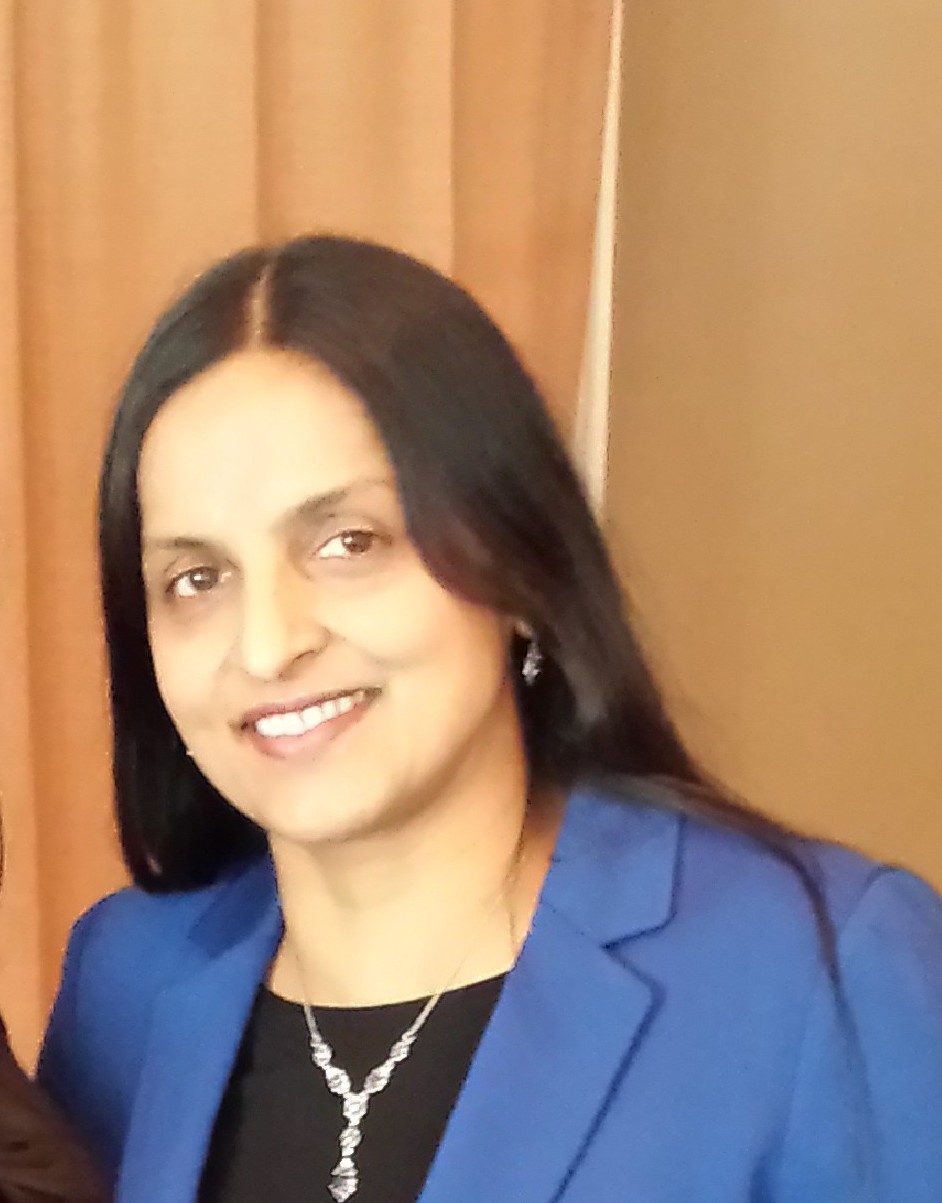
T.J. Watson Research Center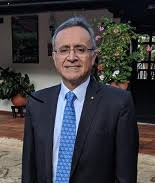



USA
- Nanoelectronics to Nanotechnology: More Moore and More than Moore
- Self-Heating in FinFETs and Its Impact on Logic Circuits
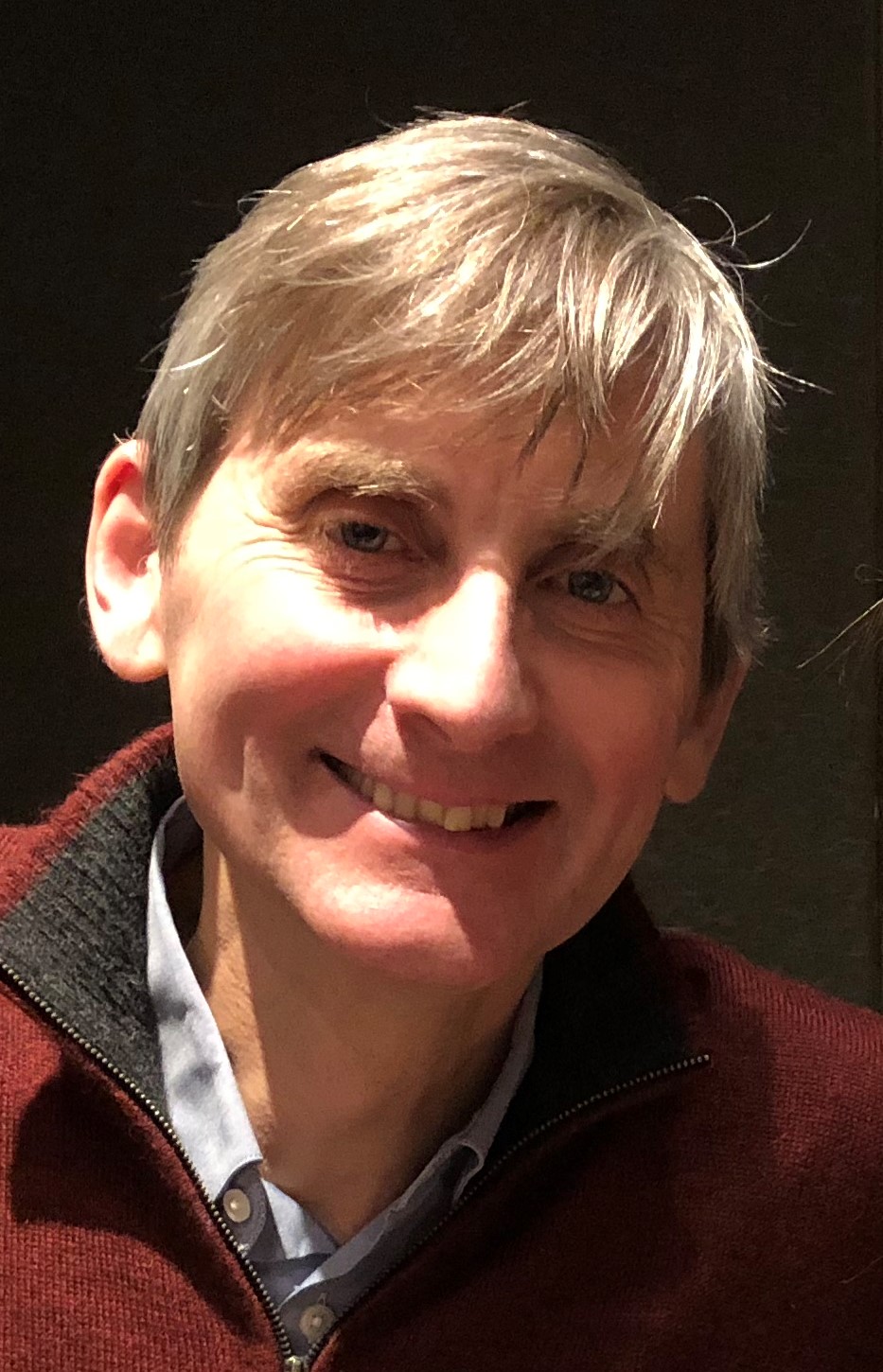
Region 2 (Eastern USA) - EDS Distinguished Lecturers

Ohm to Arora: A New Paradigm for Nanoscale Devices and Circuits
Silicon to Graphene; Performance Evaluation and Characterization
Device Applications with Non-Equilibrium Arora's Distribution Function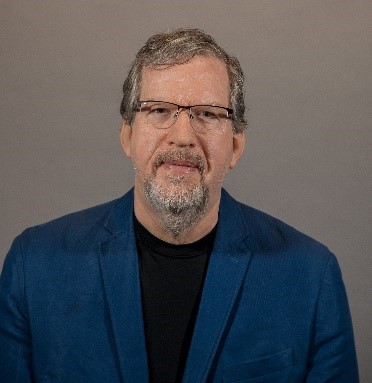
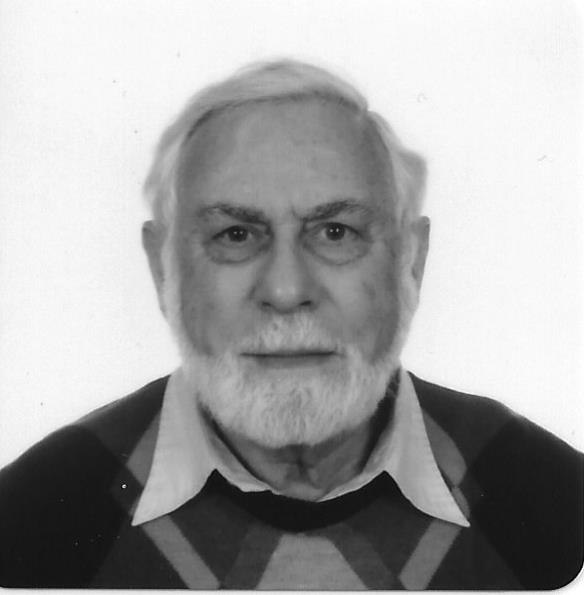
- Radiation Hardening/Mitigation Techniques for Semiconductor Devices
- Effects of Semiconductor Technology Scaling Trends on Radiation Sensitivities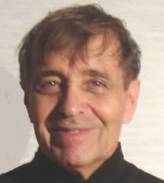
Region 3 (Southeastern USA) - EDS Distinguished Lecturers
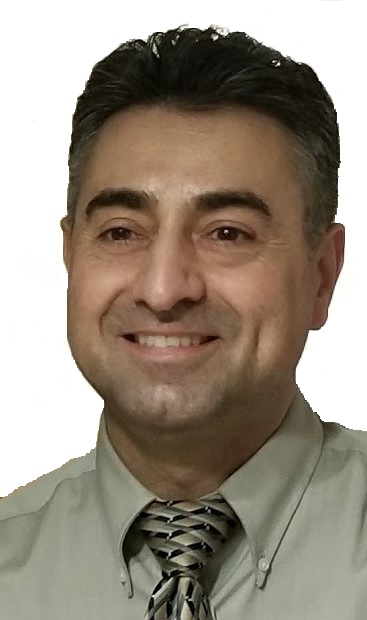
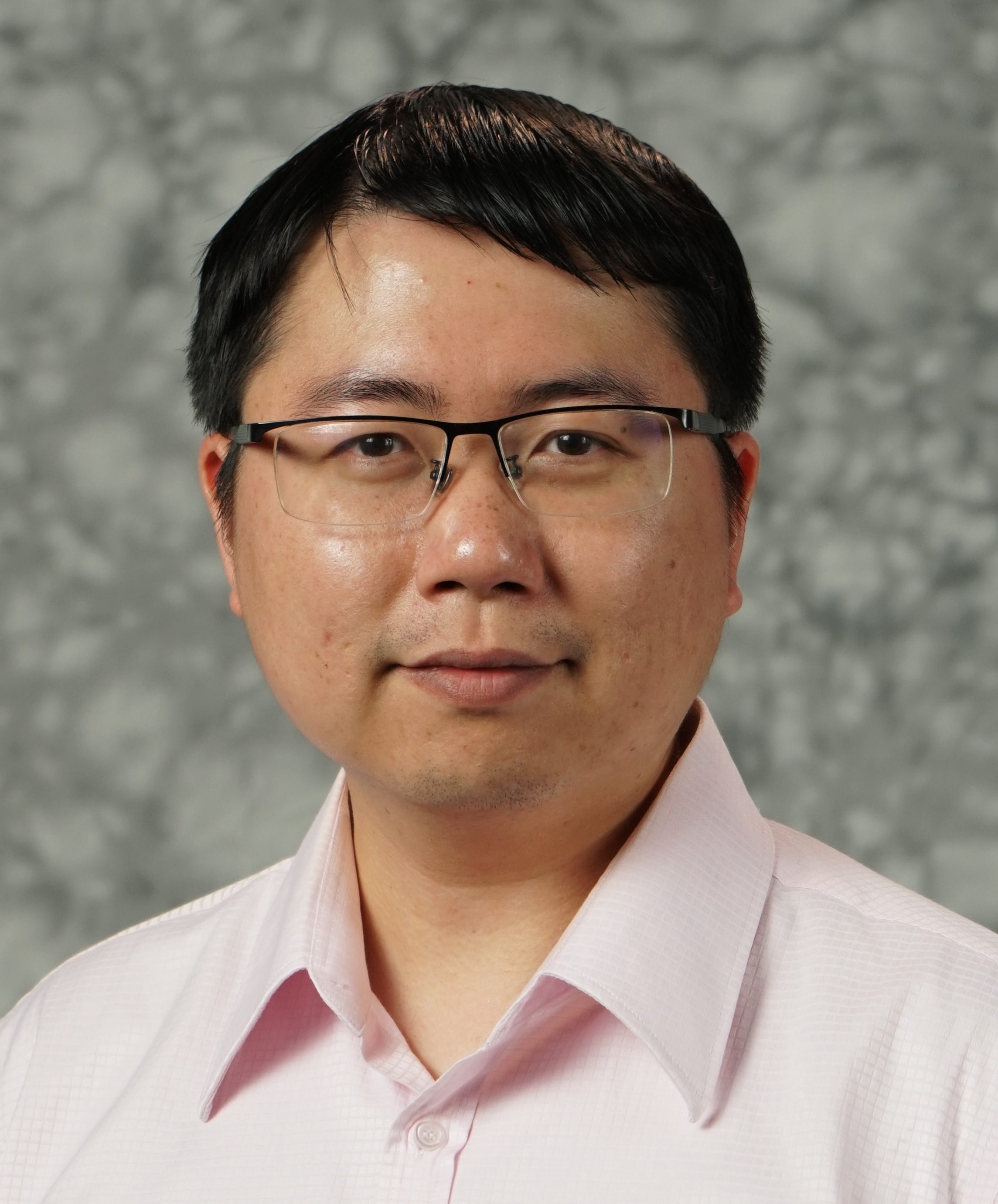
(USA)
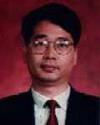
Region 4 (Central USA) - EDS Distinguished Lecturers

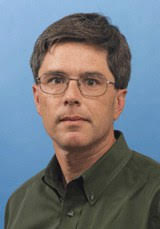
Dept. of Electrical Engineering, IN, USA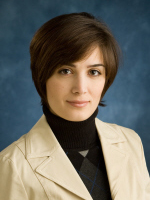
Region 5 (Southwestern USA) - EDS Distinguished Lecturers

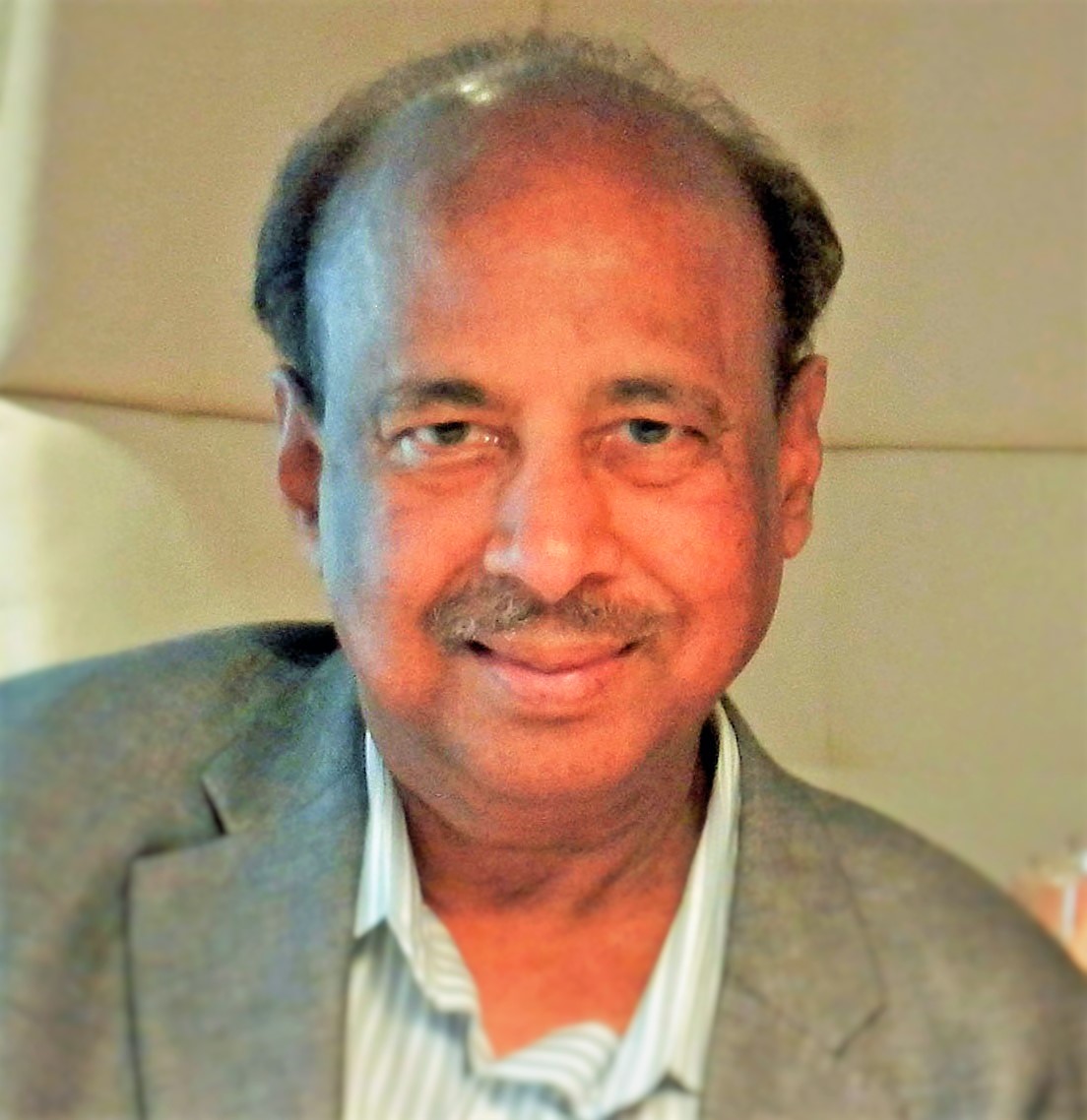
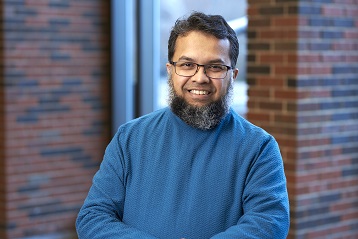

- Milli-bits to Tera-bits per second and Beyond - Over 60 years of Innovation
- Nano-FET fluctuation physics
- Material, Device, Circuit and System Considerations for almost noise-free signal detection
Region 6 (Western USA) - EDS Distinguished Lecturers
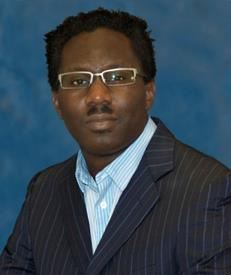

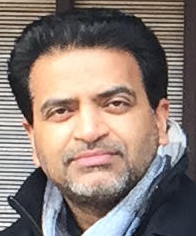
Elec. & Computer Engr. Dept
Lecture Topic:
Next-Generation Electronics with 2D Materials - from atoms to applications

Electrical Engineering Department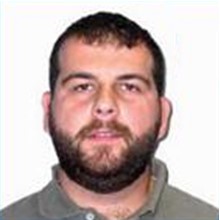
Components Research RA3-252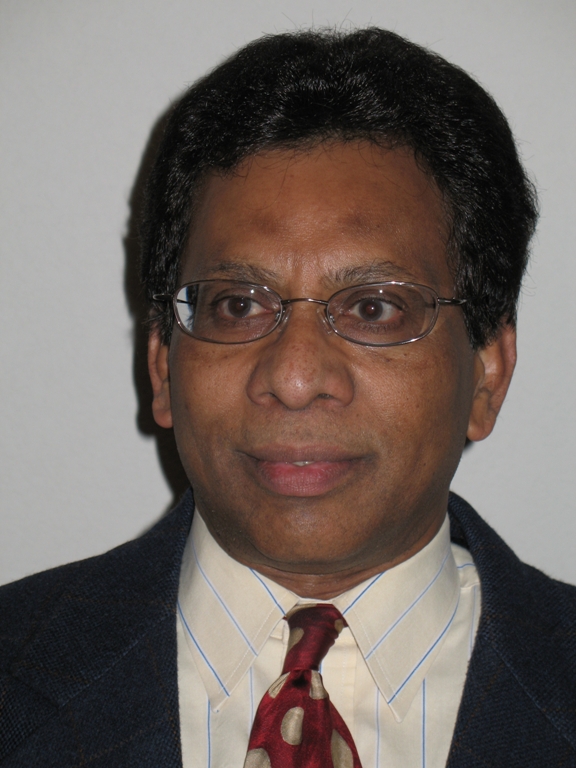
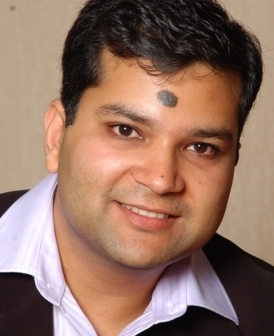
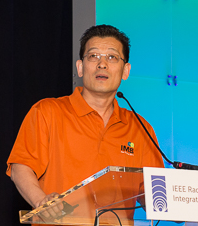
Dept. of Electrical and Computer Engineering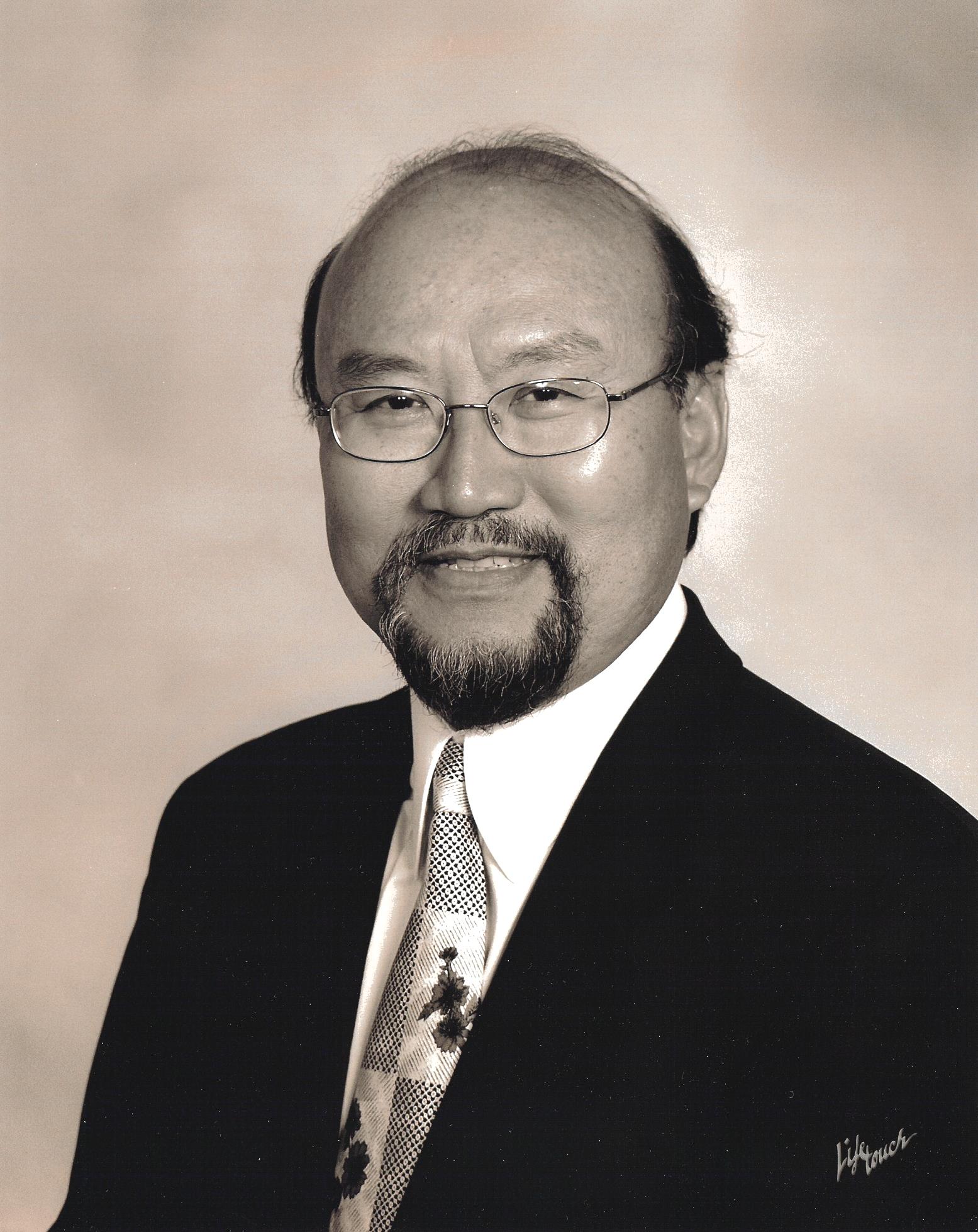
Center for Nanostructures
Region 7 (Canada) - EDS Distinguished Lecturers

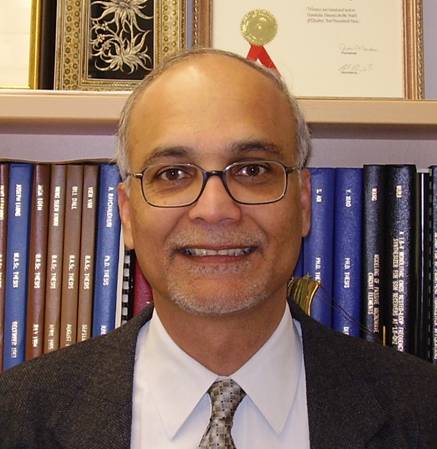
-Smart Sensors for Environmental Applications
-Smart Sensors for Water Quality Monitoring
-Low-cost Compact Integrated Bioimagers for Healthcare Applications
-Integrating Nanoelectronics and Optoelectronics in Bioimagers for Healthcare Applications
-Smart Sensors for Ubiquitous-Healthcare
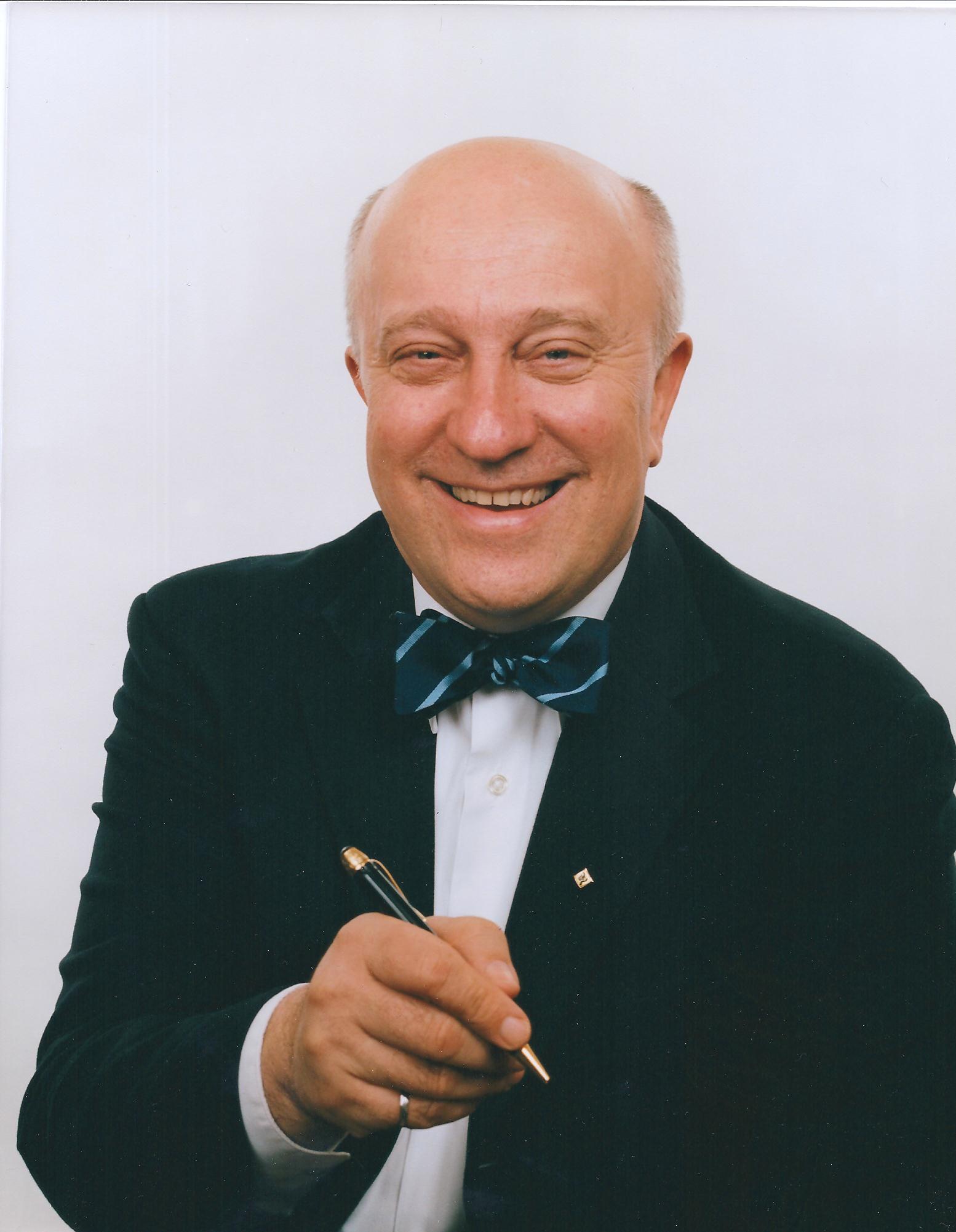
Region 8 (Europe, Middle East and Africa) - EDS Distinguished Lecturers
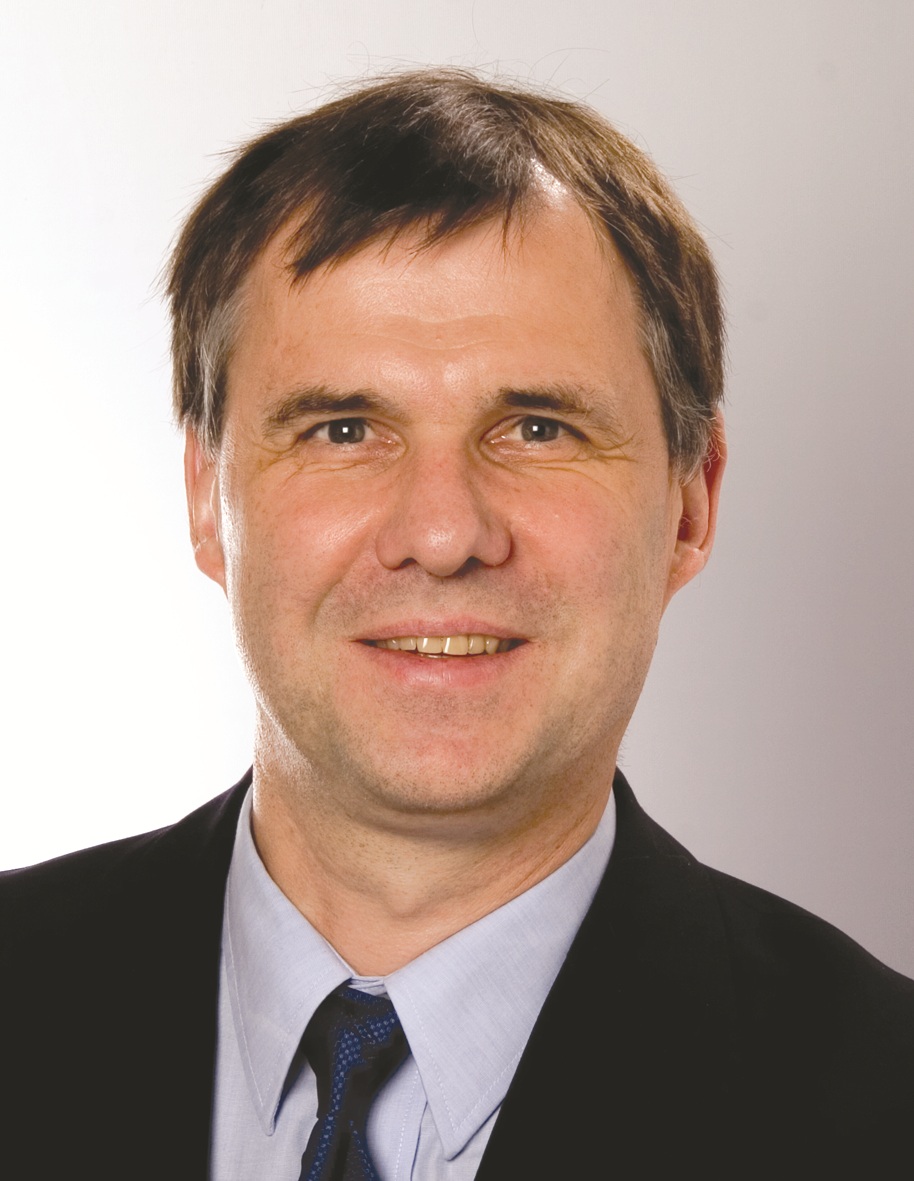
-Hybrid Systems-in-Foil - Combining the Merits of Thin Chips and of Large-Area Electronics
-GaN-on-Si Technology for Power, RF & Specials
-Marvels of Microelectronic Engineering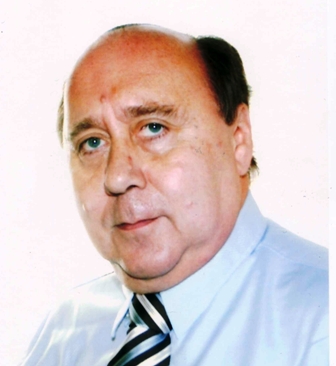
Lecture Topics:
* Low Frequency Noise in state of the art and emerging semiconductor technologies
* Radiation Hardness of State-of-the-art Si and Ge-Based CMOS Technologies
* Are Extended Defects a Show Stopper for Future III-V CMOS Technologies?
* Trends and Challenges in Micro- and Nanoelectronics for the Next Decade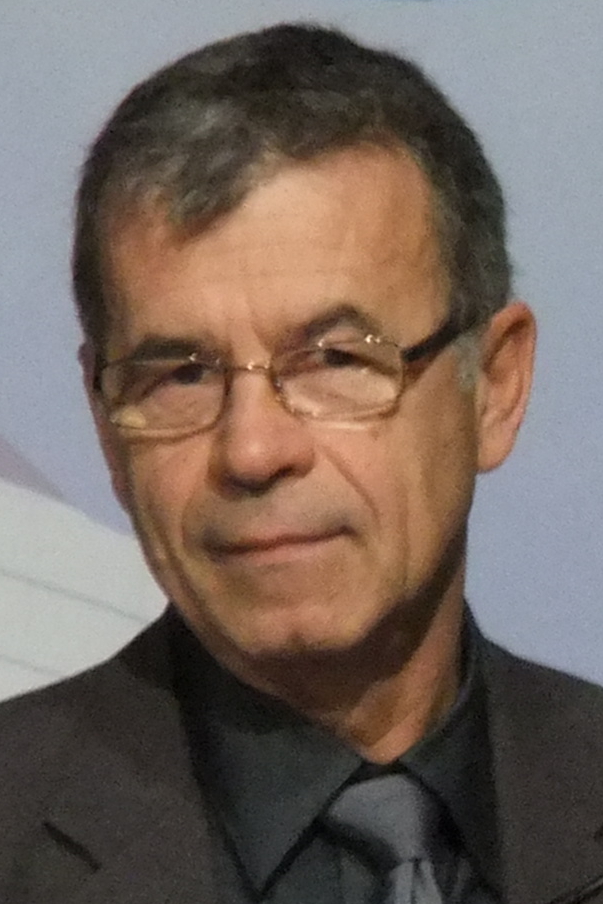
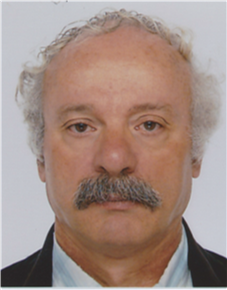
Silicon Technologies
Before joining CEA-LETI, he was with Thomson Semiconductors(1981-1986), where he developed and transferred to production advanced microelectronics technologies, devices and products (microprocessors, video processors, DSP, DAC and ADC, NVM...).
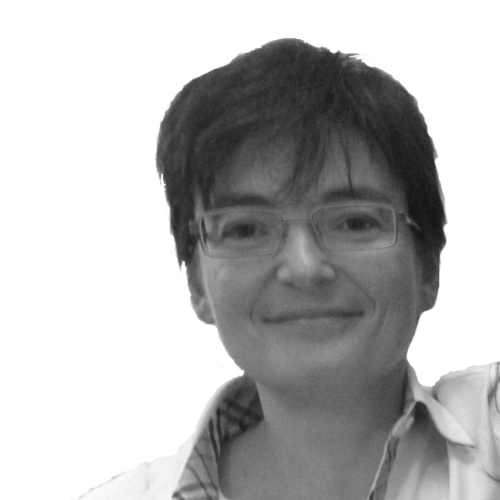
Bologna, Italy
Lecture Topics:
- Trends and Challenges in Nanoelectronics for the Next Decade
- Steep-slope devices: prospects and challenges
- Theoretical Analyses and Modeling for Nanoelectronics
- Tunnel FETs: Device Physics and Realizations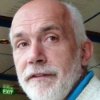
Electrical Characterization (DC, CV, RF)
FOSS Numerical Modeling Tools
TCAD Process/Device Simulations
SPICE/Compact Modeling
Verilog-A Standardization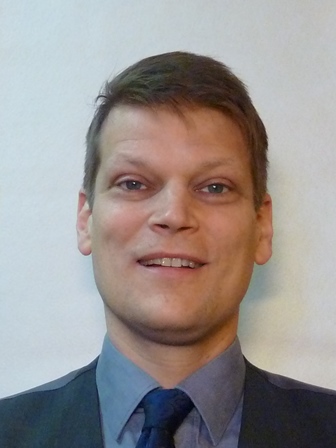
Institute fro Microelectronics, Wien, Austria
- Noise (RTN, 1/f)
- 2D devices (defects, hysteresis, drifts)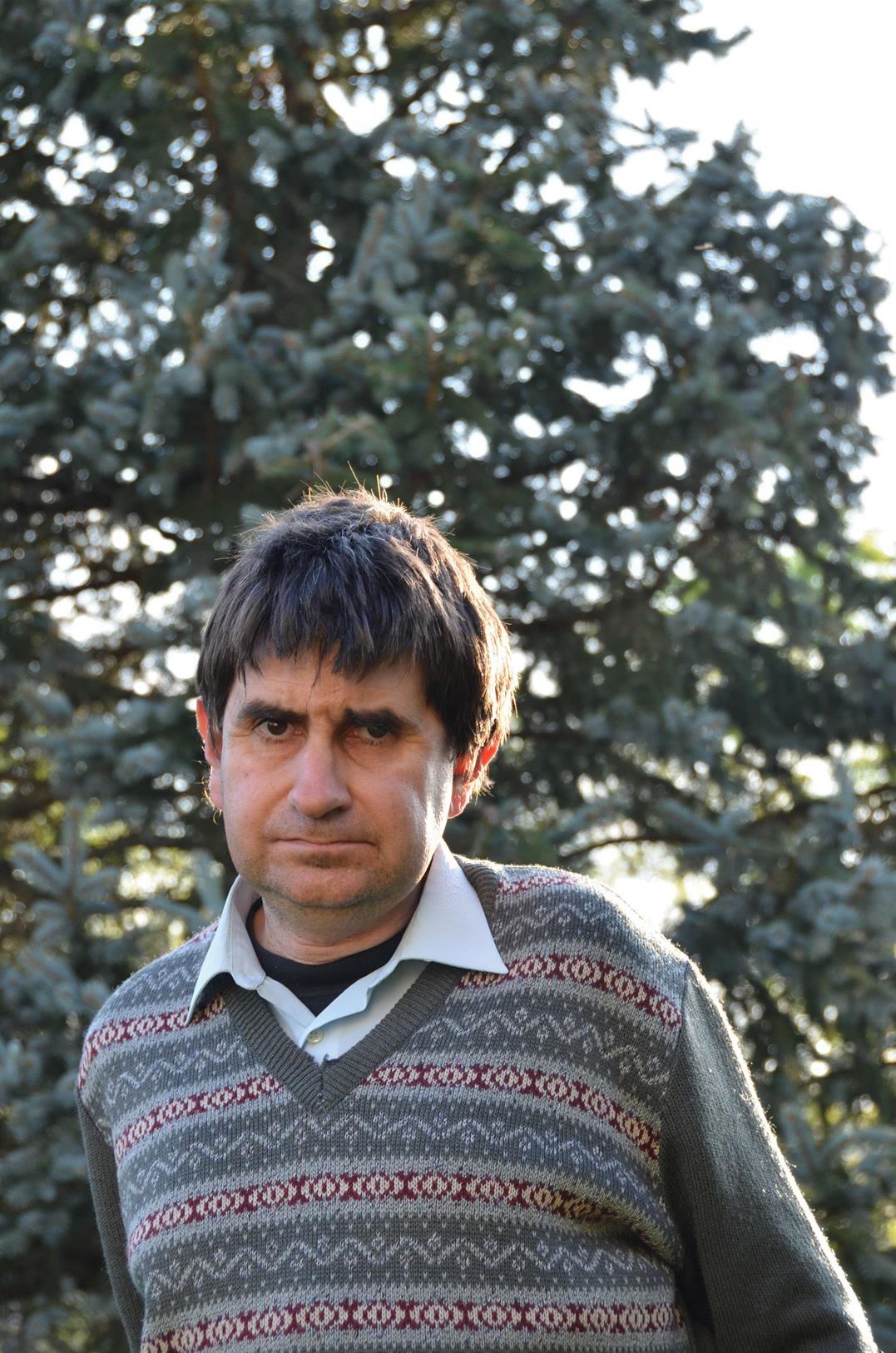
Semiconductor device parameter extraction
Physics of Thin-Film Transistors
Graphene and TMD devices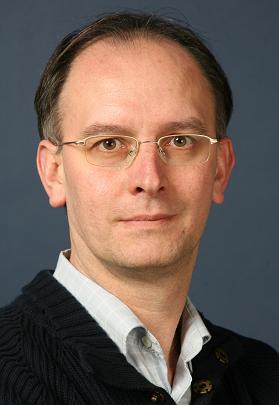
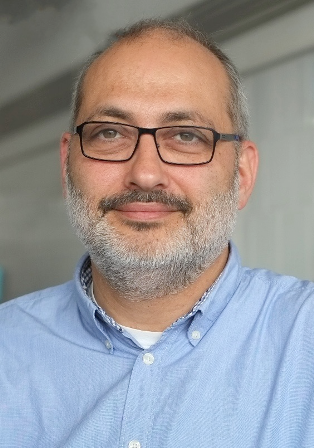
-Nanostructured polymers and porous materials
-Photonic and optoelectronic devices
-Optical Biosensors
EM is Professor at the Universitat Autònoma de Barcelona (UAB), Spain. He has a PhD in Electronics Engineering from the UAB (1999) and a PhD in Physics from the Universidad de Buenos Aires, Argentina (2001). He received numerous scholarships and awards including: INTERCAMPUS (Universidad de Zaragoza, Spain), MUTIS (UAB), RAMON y CAJAL (UAB), from DAAD (Technical University Hamburg-Harburg), from the italian government (Universita degli Studi di Padova), MATSUMAE (Tokyo Institute of Technology, Japan), TAN CHIN TUAN (Nanyang Technological University, Singapore), WALTON award from Science Foundation Ireland (Tyndall National Institute), Distinguished Visitor Award (Royal Academy of Engineering, UK), CESAR MILSTEIN (CNEA, Argentina), Visiting Professorships from Slovak Academy of Sciences (Slovakia), Leverhulme Trust (University College London, UK), and Politecnico di Torino (Italy). He serves as member of the Distinguished Lecturer program of the Electron Devices Society (EDS-IEEE) since 2001 and as Associate Editor of the journal Microelectronics Reliability since 2003. He forms or has formed part of INFOS, IRPS, ESREF, MIEL, E-MRS, ESSDERC, and IPFA Technical or Steering Committees. EM was visiting scientist at the Indian Institute of Technology-India, IHP-Germany, Universita di Napoli, Modena, Cagliari-Italy, and Soochow University-China. He has authored and co-authored more than 200 peer-review journal papers most of them devoted to the electron transport mechanisms in thin dielectric films.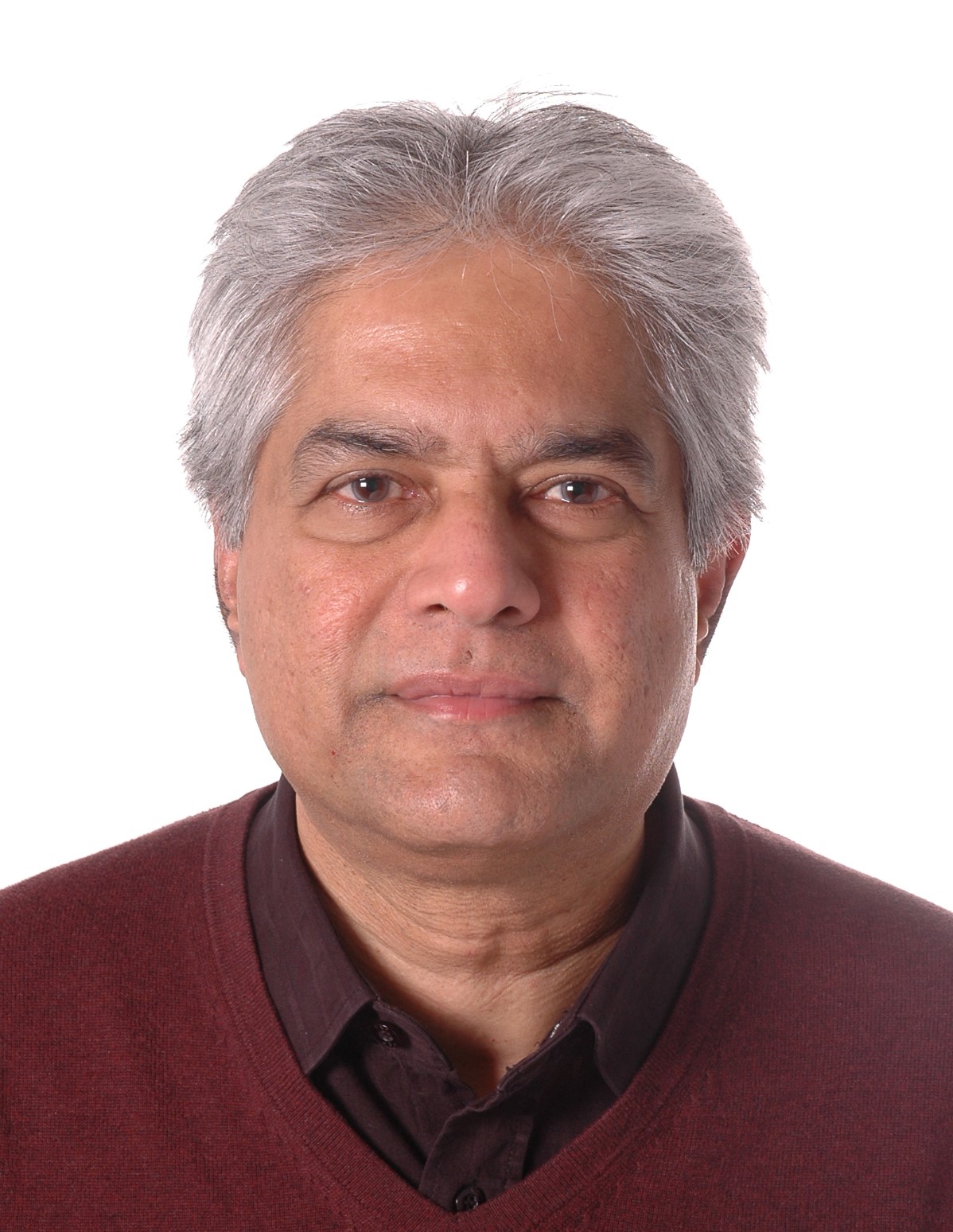
- Flexible Electronics
- Oxide Semiconductor Electronics
- Ultralow Power Transistors and Sensor Interfaces
- Active Matrix OLED Displays
- TFT Compact Modeling and Parameter Extraction
- Nanoscale Large Area Electronics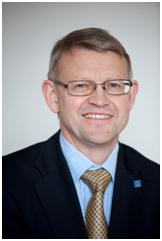
Dept of Microelectronics and InfoTech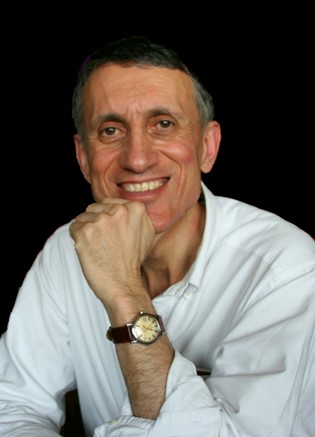
Engineering Department

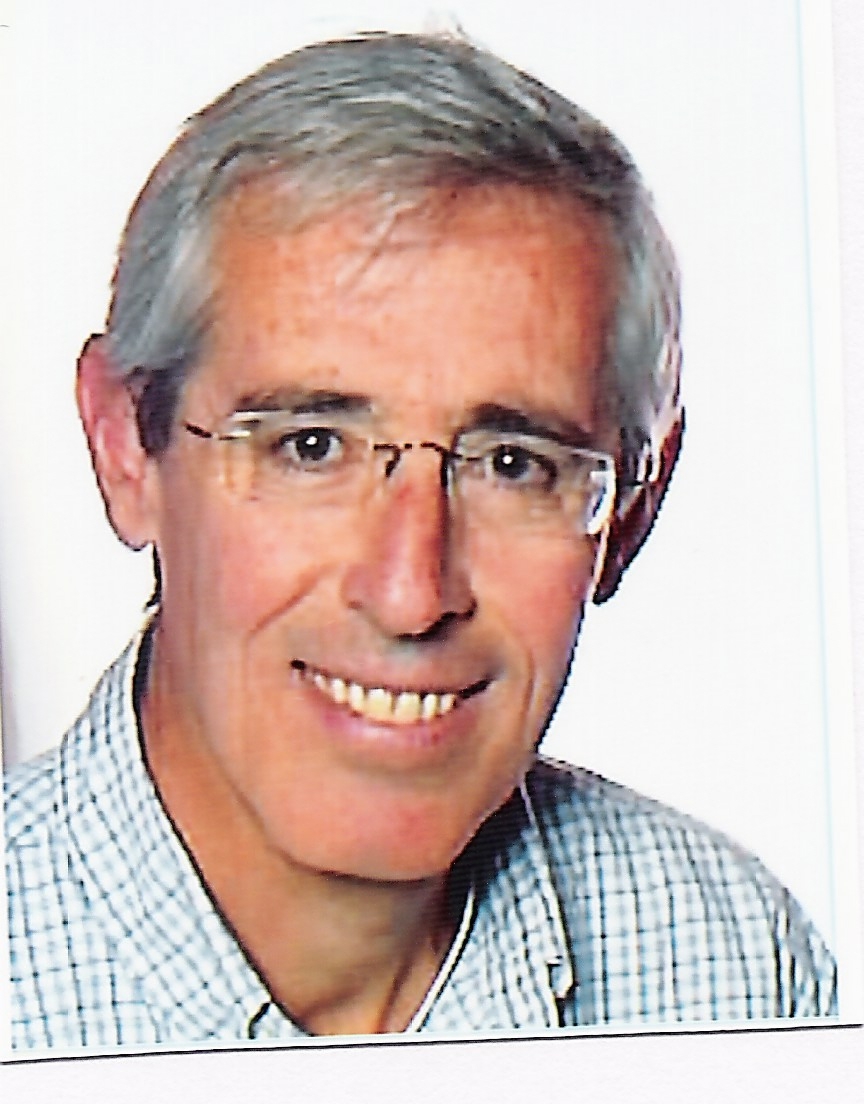
DEIS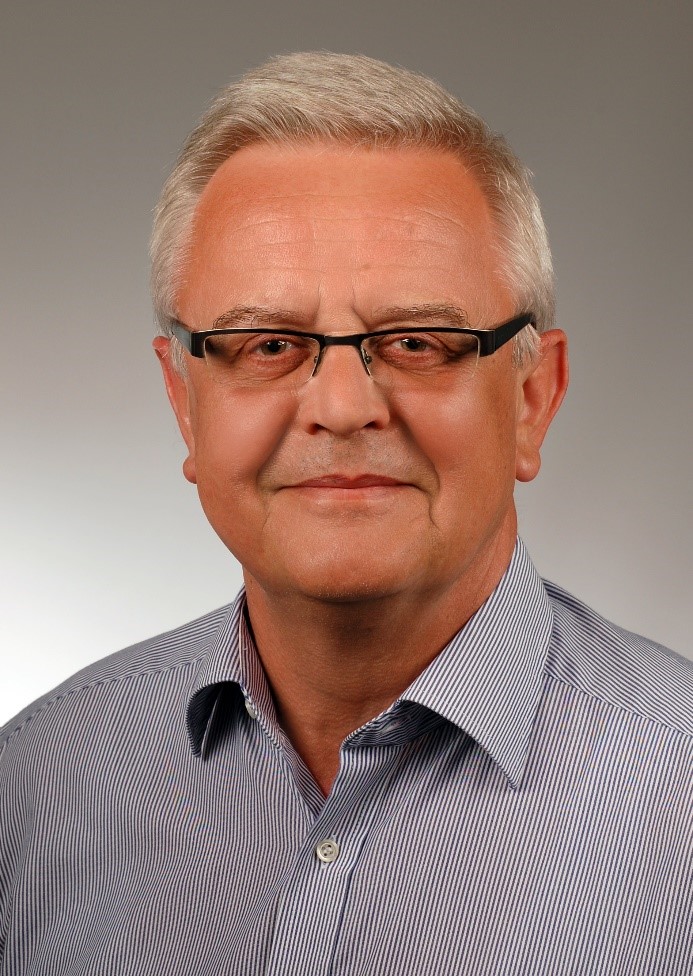


Chair in Microelectronics, EEE DepartmentRegion 9 (Latin America) - EDS Distinguished Lecturers
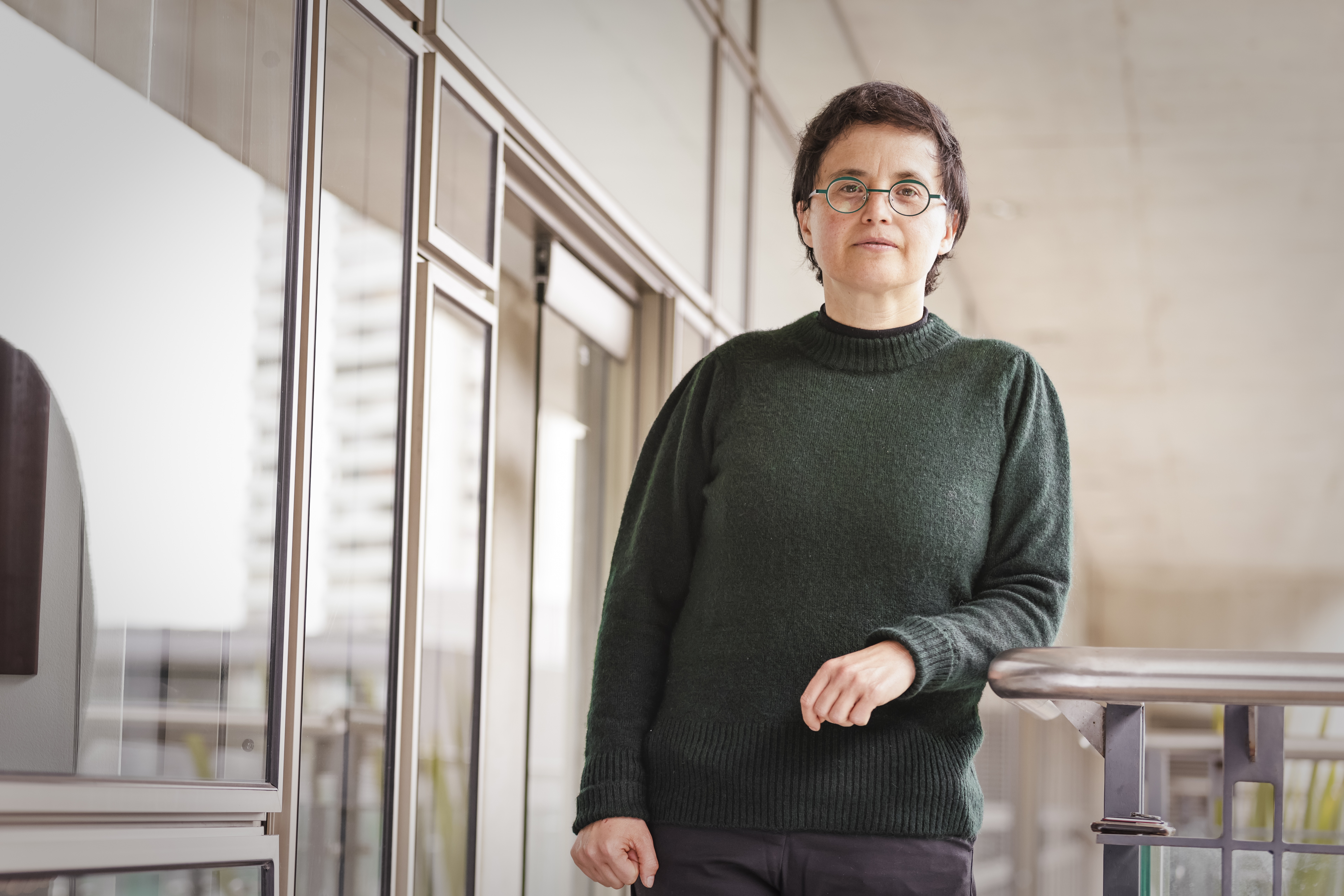



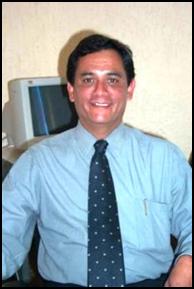
for Astrophysics, Mexico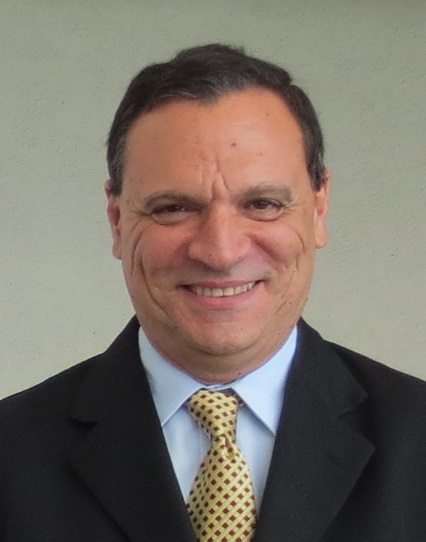

-Characterization and Modeling of the MOS Transistor for High-Frequency Applications
-Integrated Antennas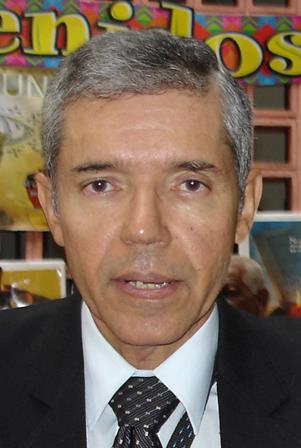

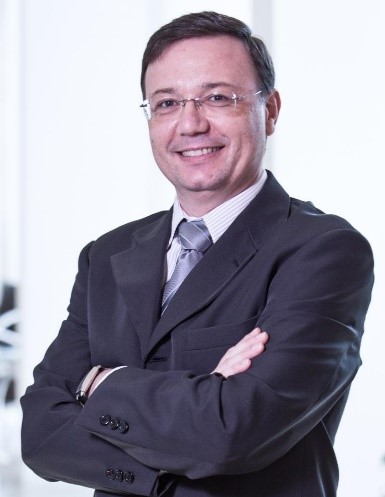
2- Operation of SOI Planar and Nanowire MOSFETs Down to Cryogenic Temperatures
3- Performance and Compact Model Junctionless Nanowire Transistors

The basic mechanisms involved in charge trapping and de-trapping are presented, including a critical discussion of key parameters such as trapping/de-trapping time constants and the amplitude of the fluctuations induced by single traps. Standard low-frequency (LF) noise models used today often do not properly model noise behavior under large signal excitation, and often do not to properly model noise variability. Mutual relation between different reliability phenomena (low-frequency noise, BTI and random dopant fluctuations - RDF) is also studied. LF-noise (and BTI) levels from device-to-device can vary several orders of magnitude in deeply scaled devices, making variability a major concern in advanced technologies. We introduced a new variability-based analysis, employing the autocorrelation of multiple LF-Noise spectra in terms of parameters such as frequency, bias and temperature. This technique reveals information about the mechanisms responsible for the LF-noise (and BTI) that is difficult to obtain otherwise.Region 10 (Asia and Pacific) - EDS Distinguished Lecturers

2. Thin Film Photovoltaic (PV) Technology – Materials, Devices & Way Forward
3. Prospects, Limitations and Future R&D Direction of Thin Film Photovoltaics
4. All about thin film solar cells – aSi, CdTe, CIS & CZTS

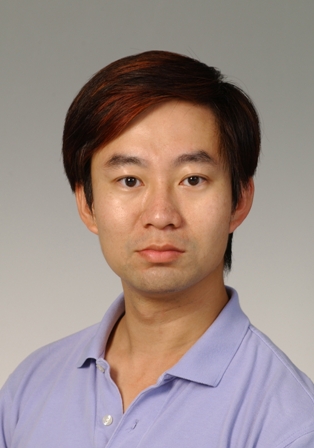
- Device modelling and circuit simulation
- Interconnect Technology
- Non-volatile memory technology
- Bio-sensors and circuits
-InGaAs HEMT for RF and Logic Applications
-III -V MOCVD EPi Materials growth
- Process of high-k gate stack and interface layer for SiGe and Ge FinFET/GAAFETs
- High performance CMOS devices with low temperature process treatments
- Process development of Si/SiGe/Ge channel in FinFET/GAAFETs
- Dielectric and channel materials in Flash memory devices for embedded/3D-IC applications
- Process study of amorphous oxide semiconductor (AOS) TFT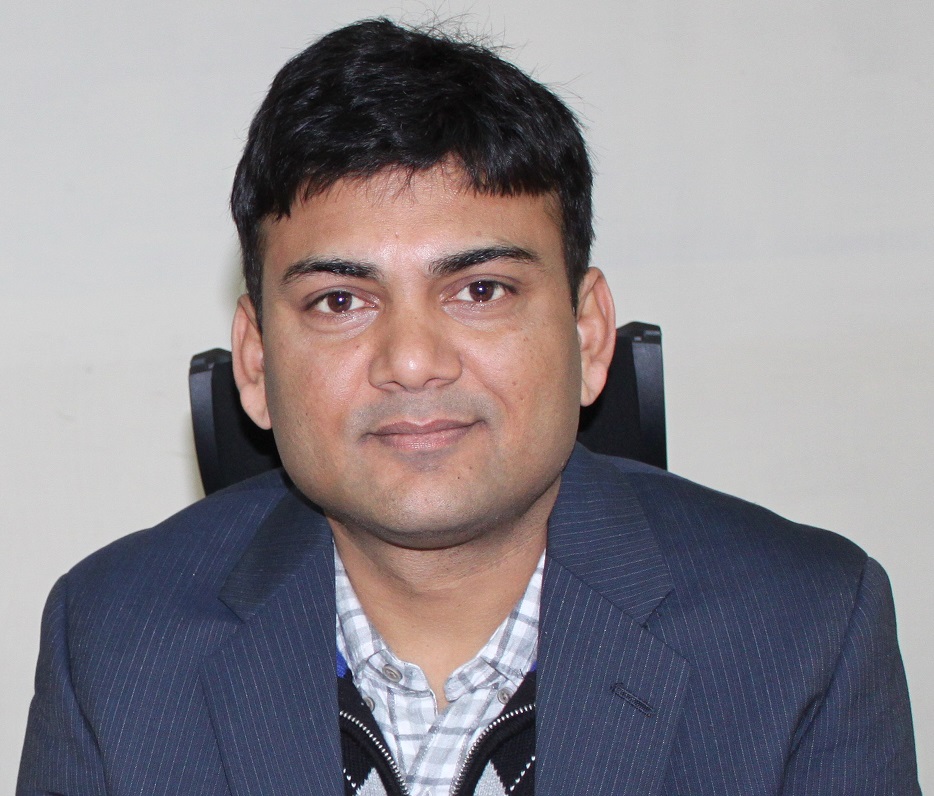
Department of Electrical Eng., Kanpur, India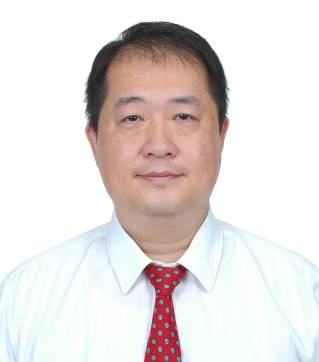
University, Taiwan
- Monolithic Three-Dimensional IC Devices for Brain-Mimicking IC Hardware
- Ultra-low power & energy-efficient green electronic devices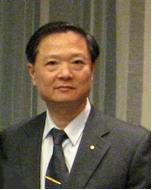
Dept. of Electronics Engineering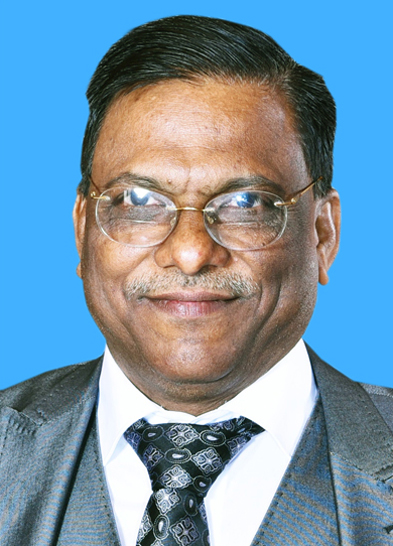
Dr. G. N. Dash served as a Professor at Sambalpur University from 2001 to 2015. After superannuation, he continues to guide the Ph.D. scholars registered under him in the same university. He has more than 40 years of teaching and research experience during which he has authored/co-authored more than 225 research papers in International/National Journals and Conference proceedings. He has supervised 12 Ph. D. and 37 M. Phil. Students with some 3 more on the pipeline for their Ph.D. degree. Dr Dash has the distinction of guiding Ph. D. in both Science and Engineering. Dr. Dash is a Fellow of the Institution of Engineering and Technology (IET) – UK. In addition he is also a Fellow Assessor of the same Institution. Besides, he is also a Fellow of the Institution of Electronics and Telecommunication Engineers (IETE), India, a Senior Member of the Institution of Electrical and Electronics Engineers- USA (IEEE), and Members of various IEEE societies. He is recognized as a Distinguished Lecturer of the IEEE Electron Devices Society (EDS). He has reviewed extensively for journals such as IEEE Transaction on Electron Devices (USA), International Journal of Electronics (U.K.), Circuits, Systems and Signal Processing (Springer), Journal of Computational Electronics (Springer), Journal of Semiconductors (IOP-UK), and Applied Physics – A (Germany). Dr. Dash has published a book titled “Electronic Devices and Circuits” which is published by Universities Press, Hyderabad; the first edition has come out of the press in August 2017.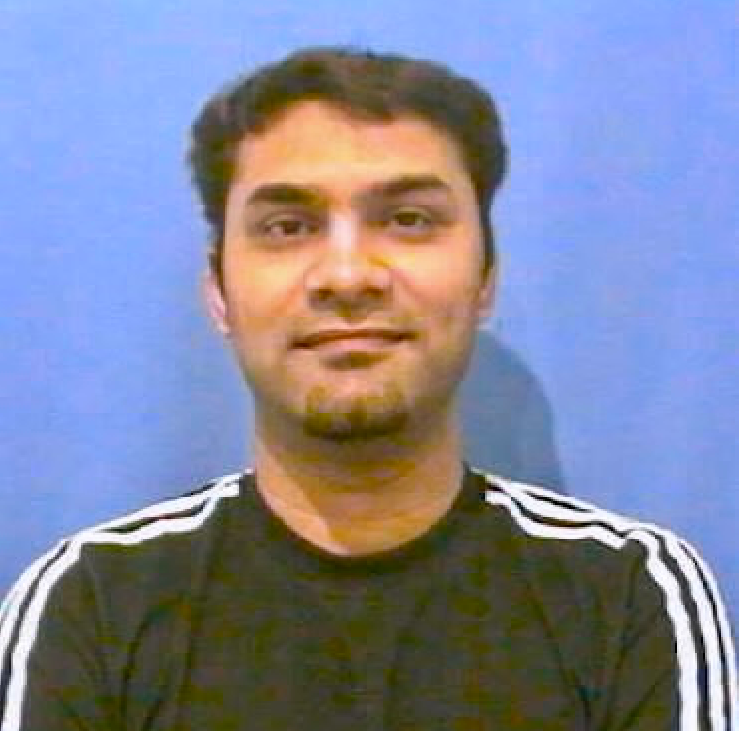
Indian Institute of Technology Delhi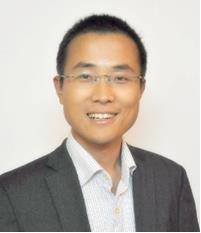
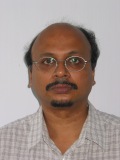

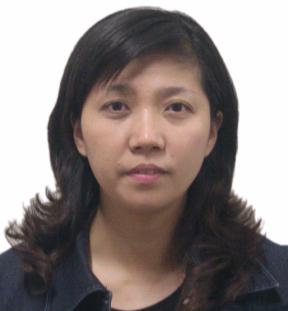

School of Electrical and Data Engineering | Faculty of Engineering & IT
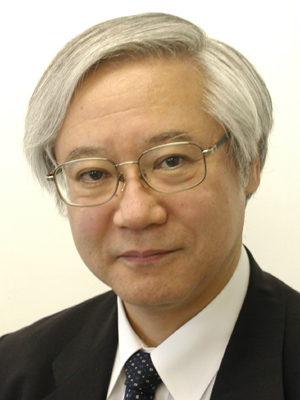
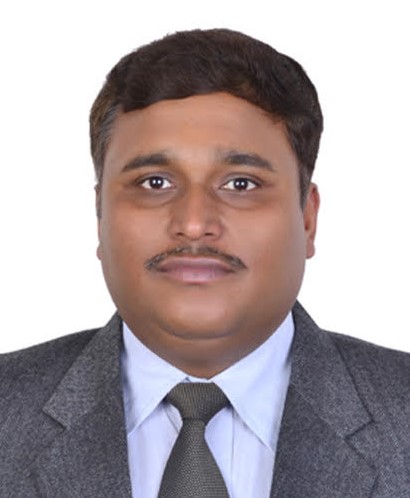

-Reliability of PV panels: An Indian experience
-Advanced devices and processing of graphene
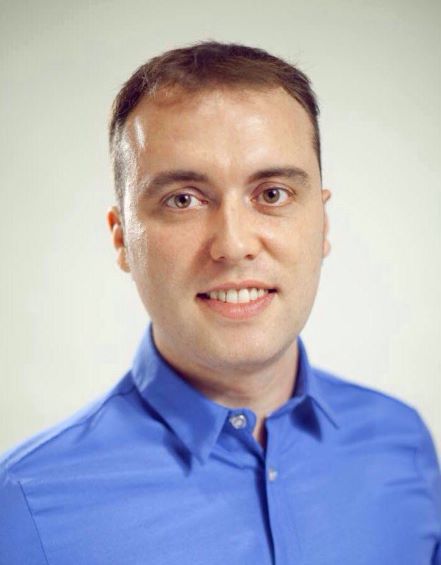
Mario Lanza is an Associate Professor of Materials Science and Engineering at the King Abdullah University of Science and Technology (KAUST), in Saudi Arabia since October 2020. Dr. Lanza got his PhD in Electronic Engineering with honors in 2010 at Universitat Autonoma de Barcelona. During the PhD he was a visiting scholar at The University of Manchester (UK) and Infineon Technologies (Germany). In 2010-2011 he was NSFC postdoc at Peking University, and in 2012-2013 he was Marie Curie postdoc at Stanford University. On October 2013 he joined Soochow University as Associate Professor, and in March 2017 he was promoted to Full Professor. Prof. Lanza has published over 120 research papers, including Science, Nature Electronics, Nature Chemistry, and IEDM, edited a book for Wiley-VCH, and registered four patents (one of them granted with 5.6 Million CNY). Prof. Lanza has received the 2017 Young Investigator Award from Microelectronic Engineering (Elsevier), and the 2015 Young 1000 Talent award (among others), and in 2019 he was appointed as Distinguished Lecturer of the Electron Devices Society (IEEE-EDS). Prof. Lanza is Associate Editor of Scientific Reports (Nature) and Microelectronic Engineering (Elsevier), and serves in the board of many others, like Advanced Electronic Materials (Wiley-VCH), Nanotechnology and Nano Futures (IOP). He is also an active member of the technical committee of several world-class international conferences, including IEEE-IEDM, IEEE-IRPS, IEEE-IPFA and APS. Prof. Lanza leads a research group formed by 10-15 PhD students and postdocs, and they investigate how to improve electronic devices using 2D materials, with special emphasis on two-dimensional (layered) dielectrics and memristors for non-volatile digital information storage and artificial intelligence computing systems.

- Germanium quantum dots for functional charge sensing/metrology devices
- The Unique Optoelectronic and Energy-Conversion Devices based on Ge/Si/O Interactions
- Self-organized Ge QD/SiO2/SiGe-recess channel FETs
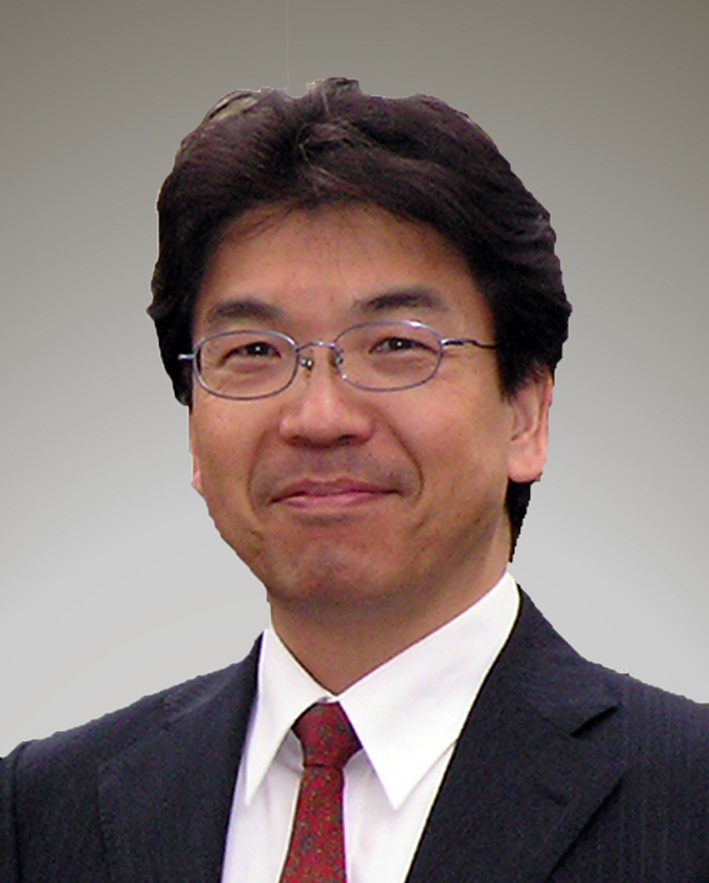
Research Inst. of Electrical Communications
- Plasmon resonances in 2D electron systems and their applications to high-speed electron devices
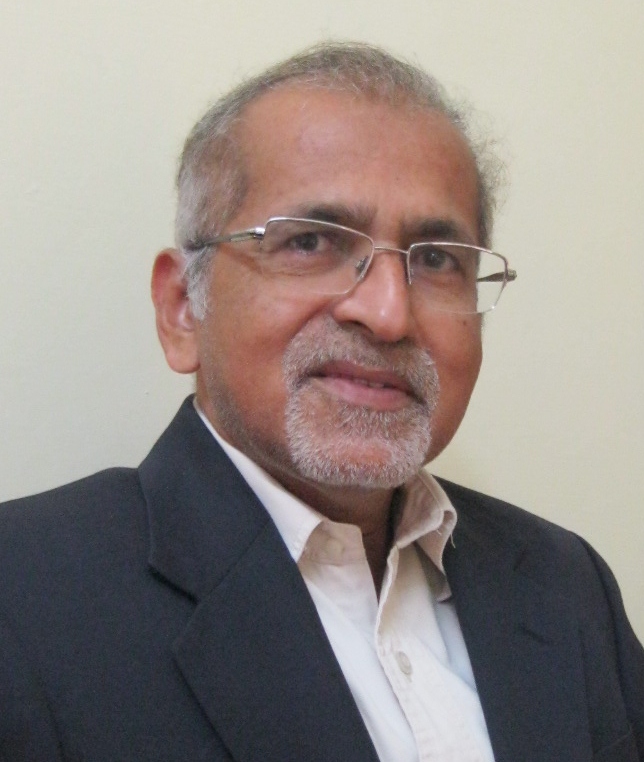

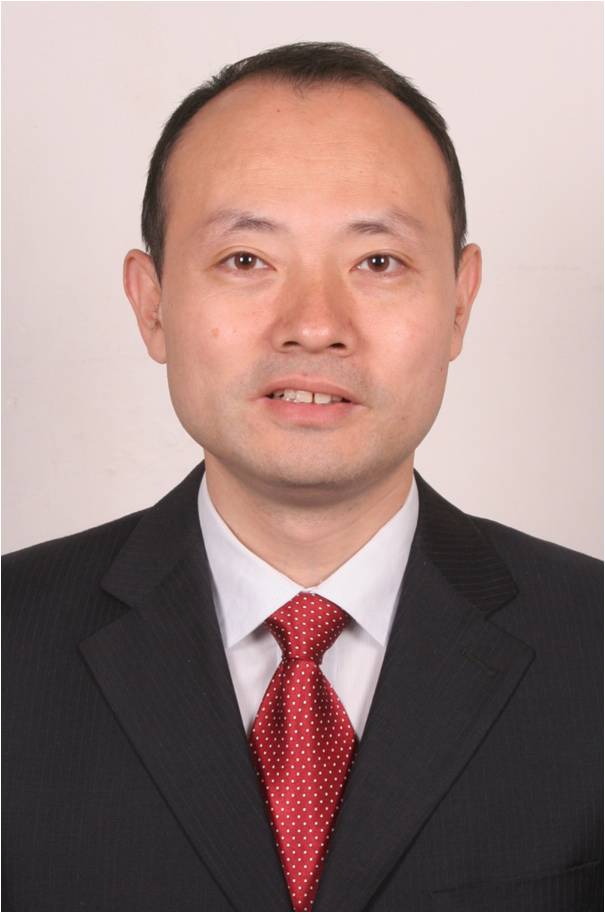
Institute of Microelectronics 
Dept. of Electronics and Telecomm. Eng.
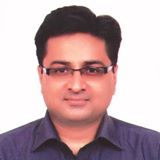
University of Delhi
-Embedded Insulator based Novel Nanoscaled Novel MOSFET Structures Tunnel Field Effect Transistor and its Application as Highly Sensitive and Fast Biosensor
-Modeling and Simulation of Tunnel Field Effect Transistor Dual Material Junctionless Double Gate Transistor for Analog and Digital Performance
-Optimization of Asymmetric (Pi)π-Gate HEMT for Improved Reliability & Frequency Applications
India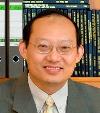
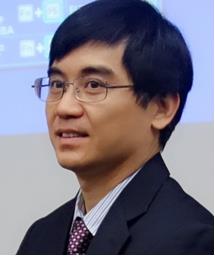
-More Moore and More than Moore
-Non-ideal Effects of MOS Nanowire Transistors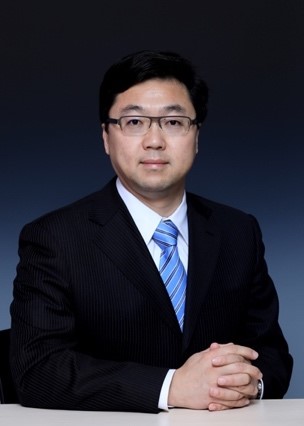
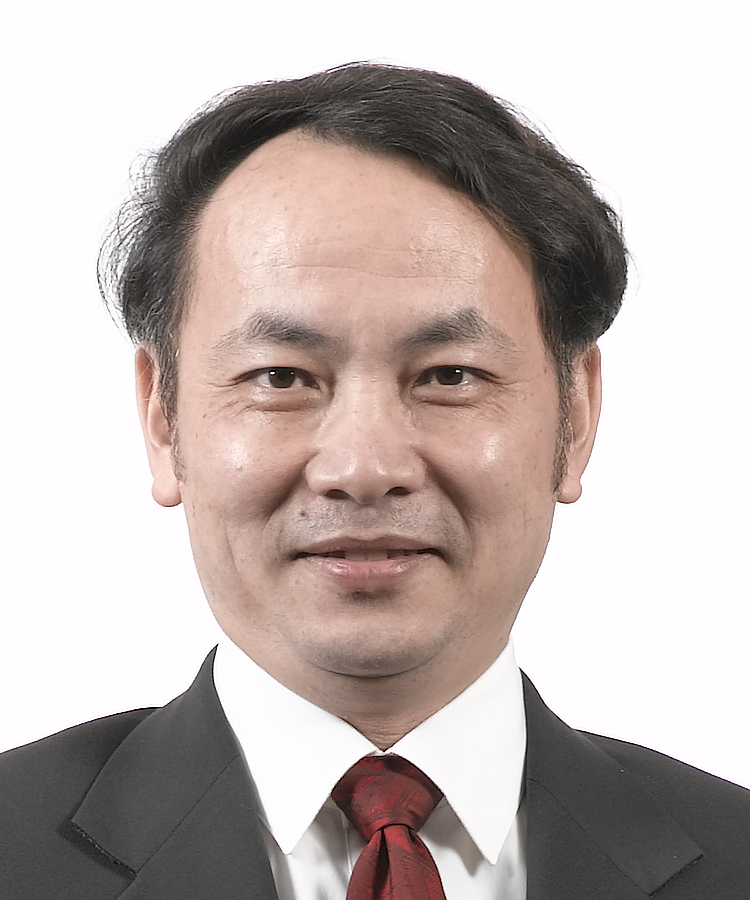
- Compacting Models: The Art of Compact Modeling
- Education
- Distinguished Lecturer/Mini-Colloquia Program
- Upcoming and Recent DL Events
- Upcoming MQ Events
- Distinguished Lecturer Listing
- Procedures for Requesting Distinguished Lecturers and Funding
- DL Activity Log & Funding Request Form
- DL Feedback Form
- Distinguished Lecturer Approval Process
- Distinguished Lecturer Nomination Form
- Mini-Colloquia Program Procedures
- Mini-Colloquia Funding Request Form
- MQ Feedback Form
- Webinars
- Student Fellowships
- Programs and STEM Outreach Resources
- Engineering Resources
- Educational Activities Committee
- IEEE Resources
- Competitions
- Podcasts
- Summer Schools
- EDS Achievement Certificate
